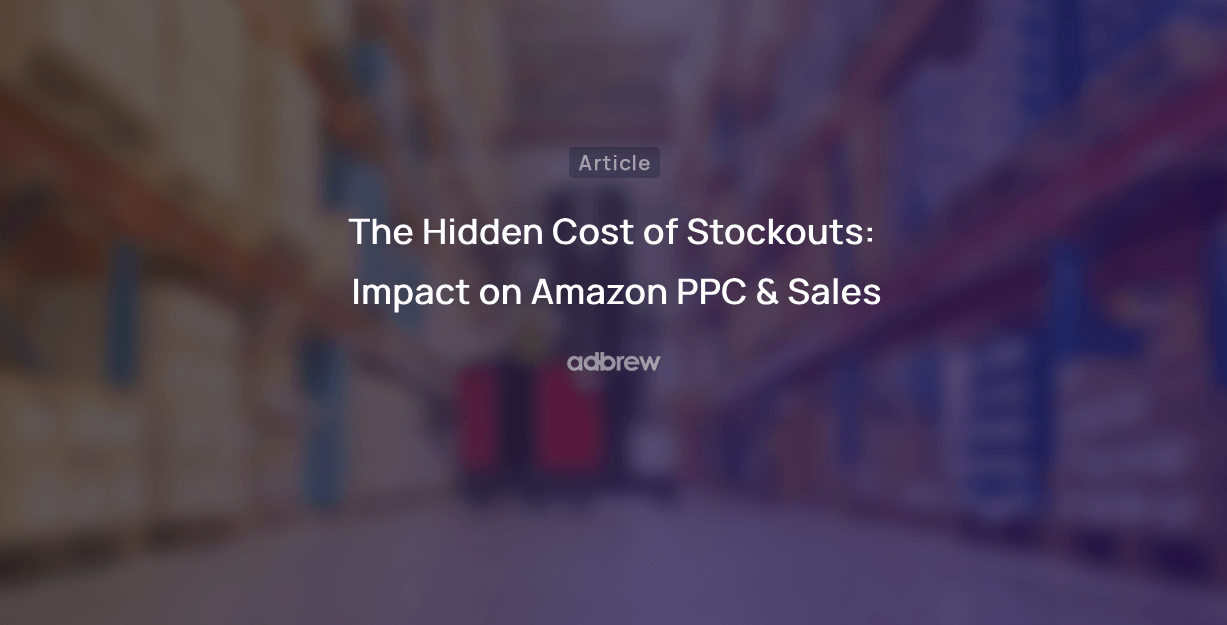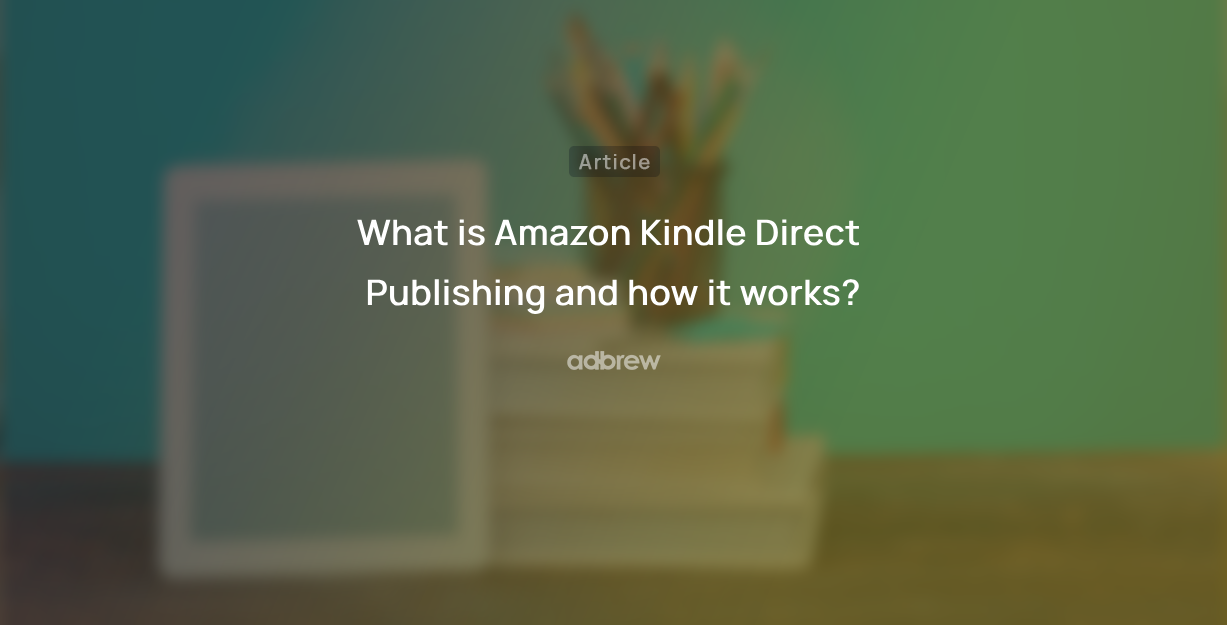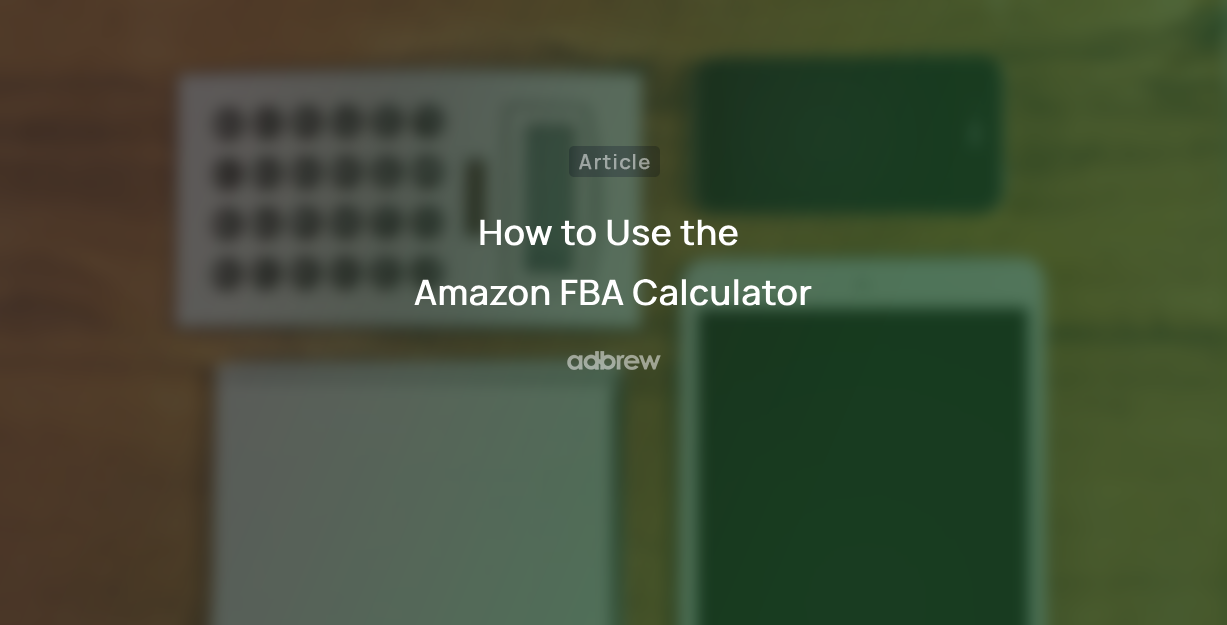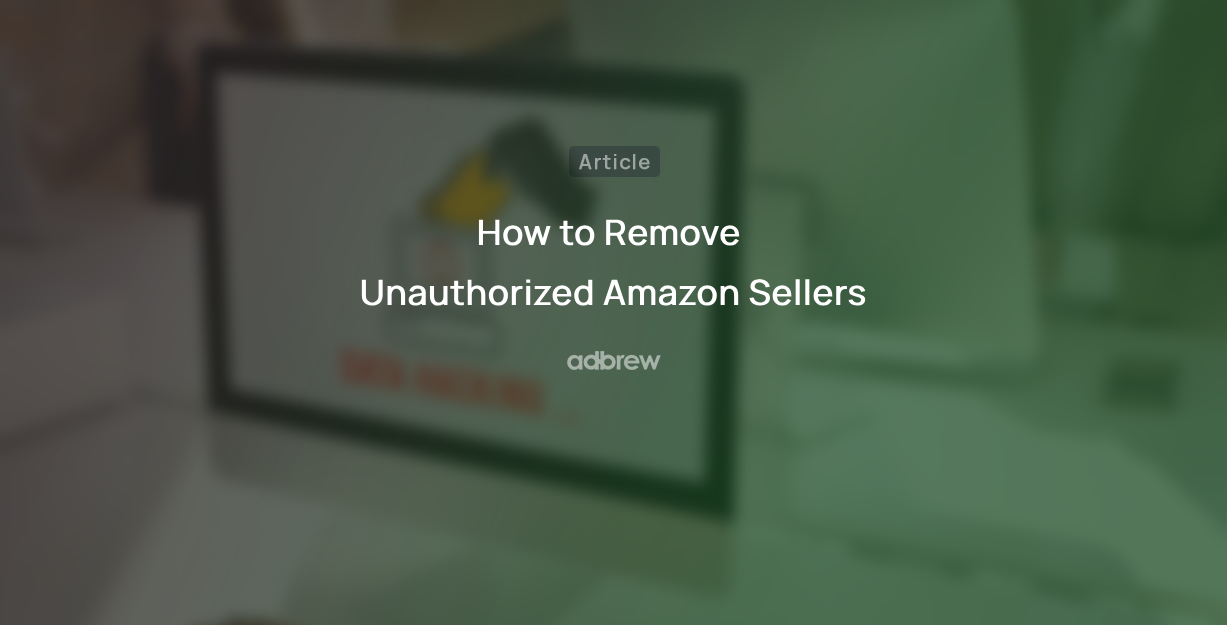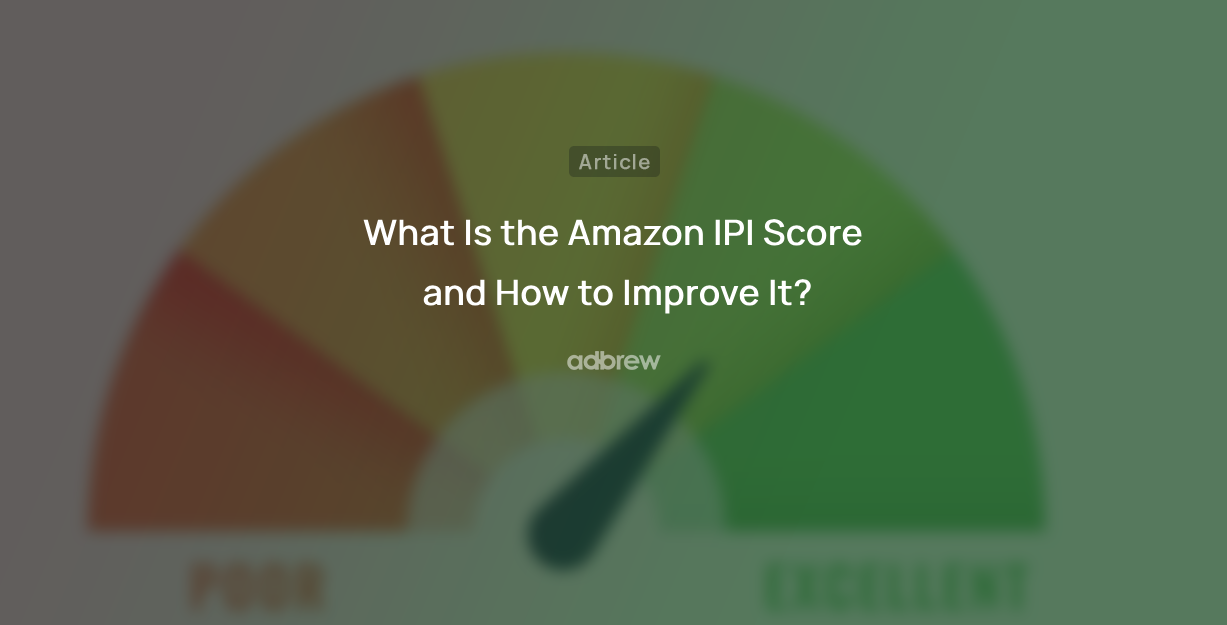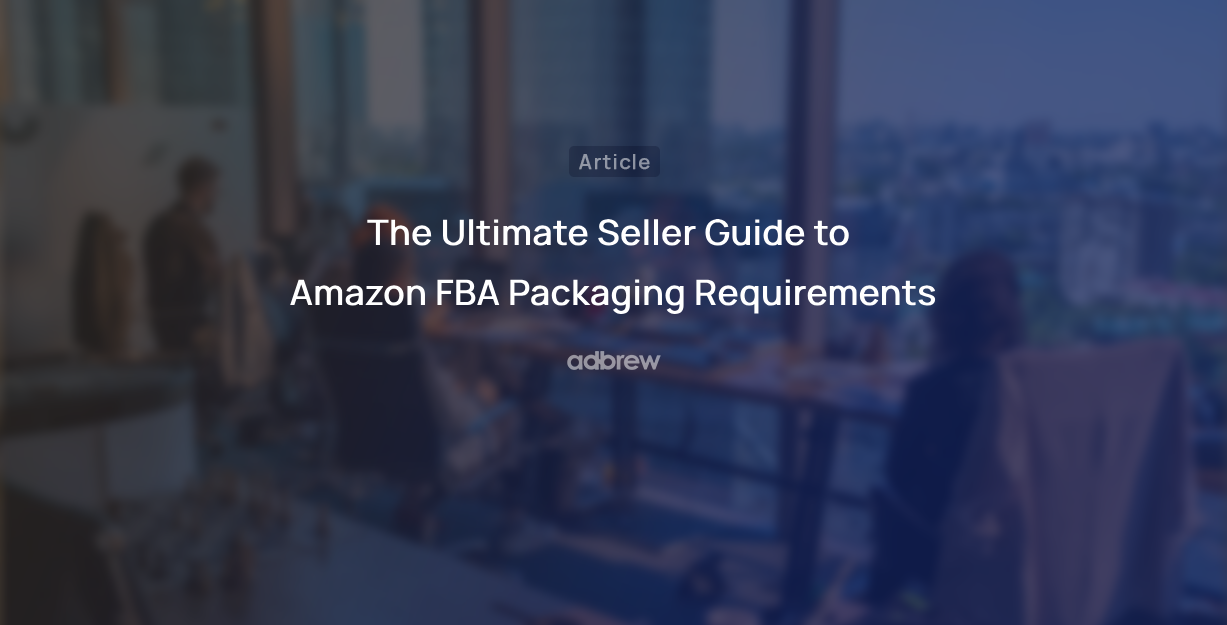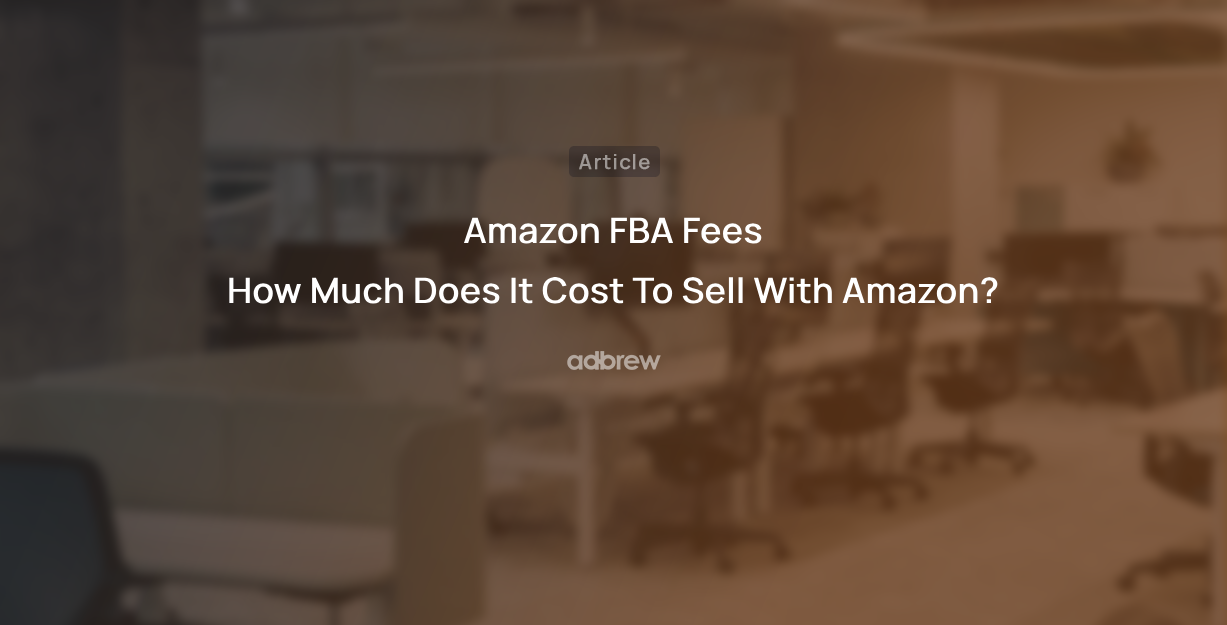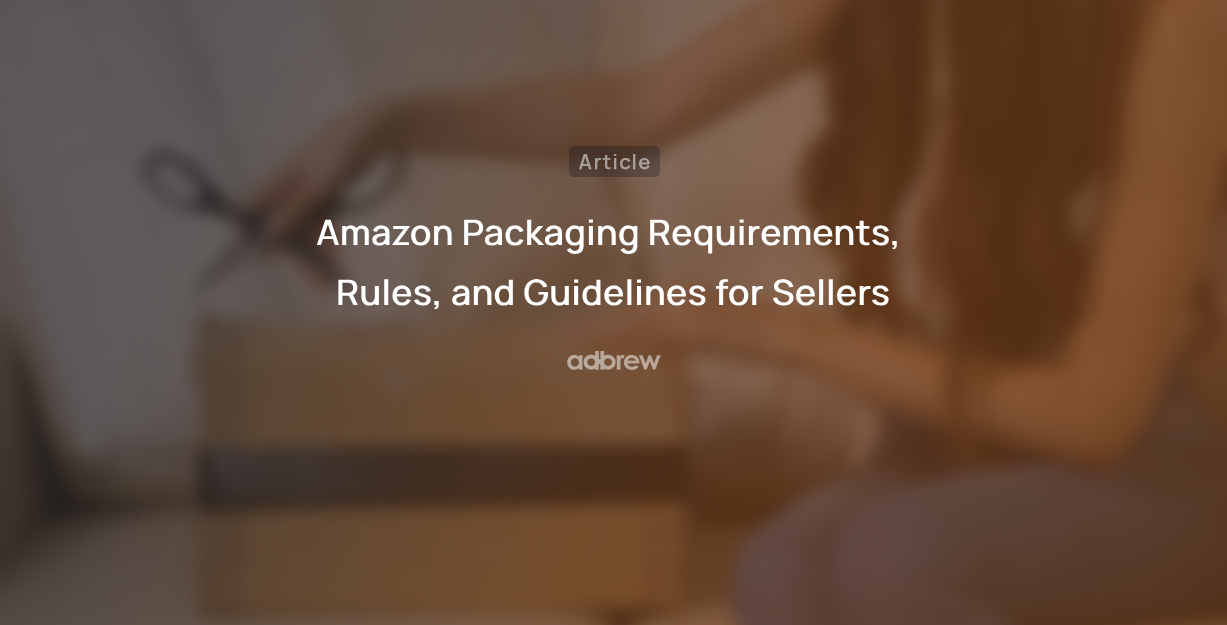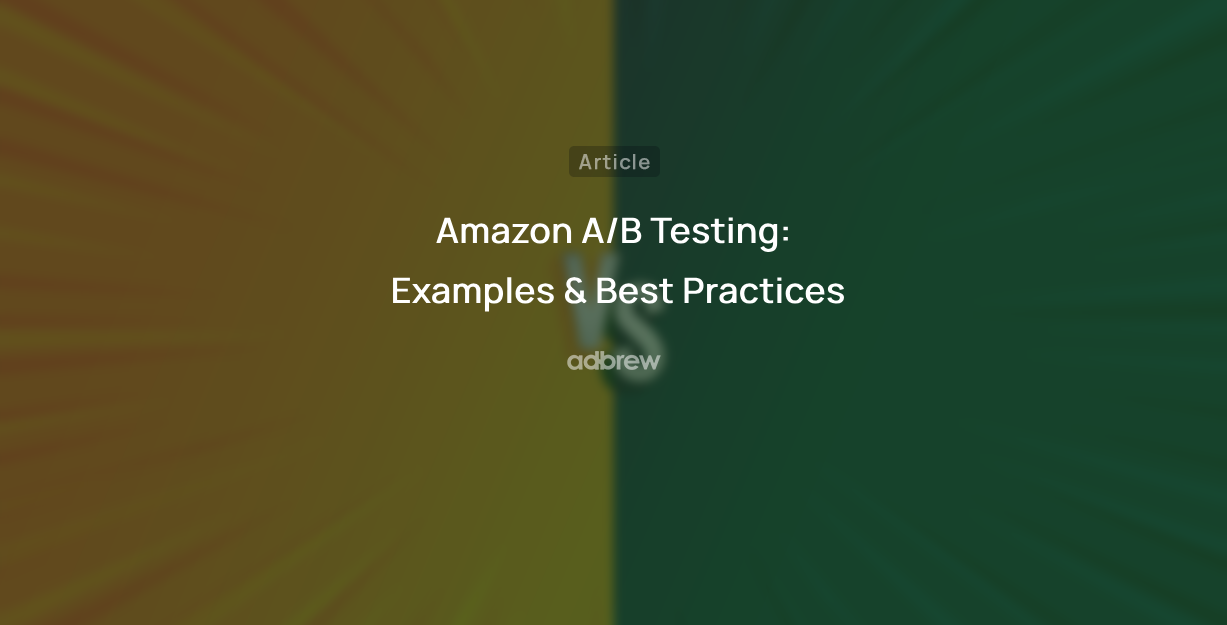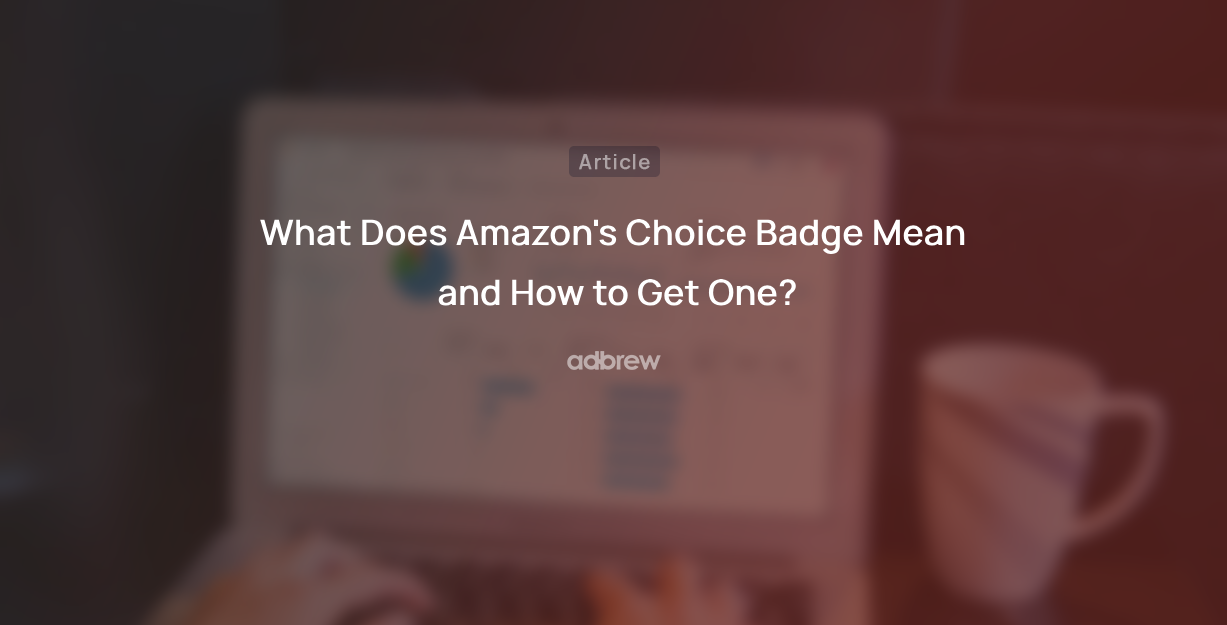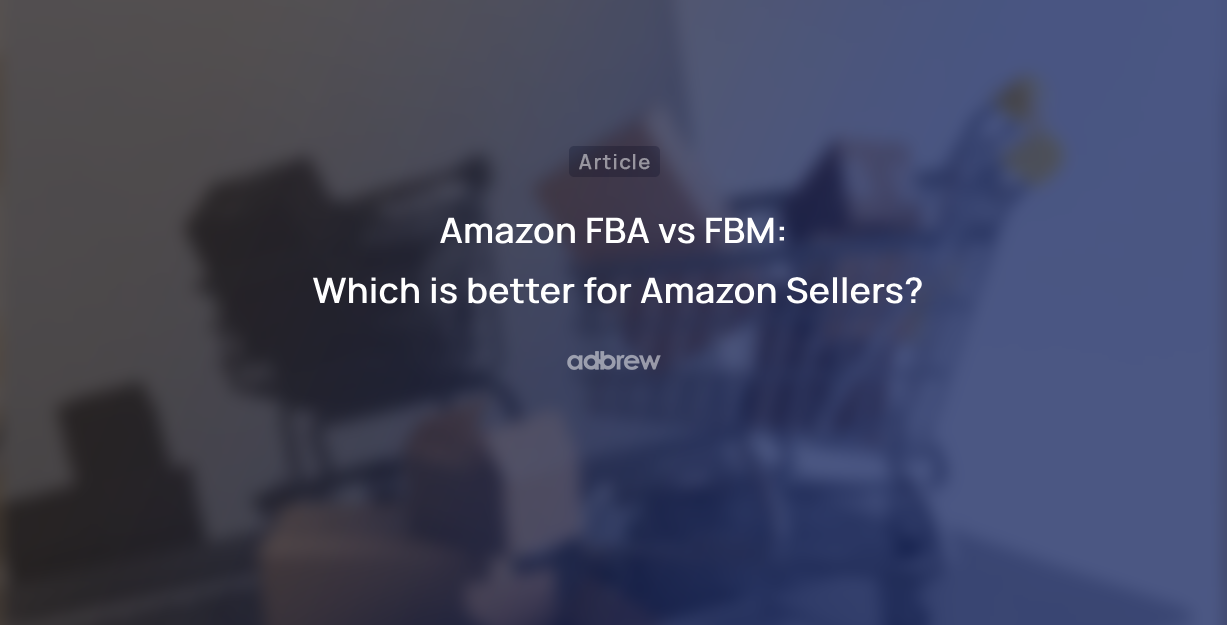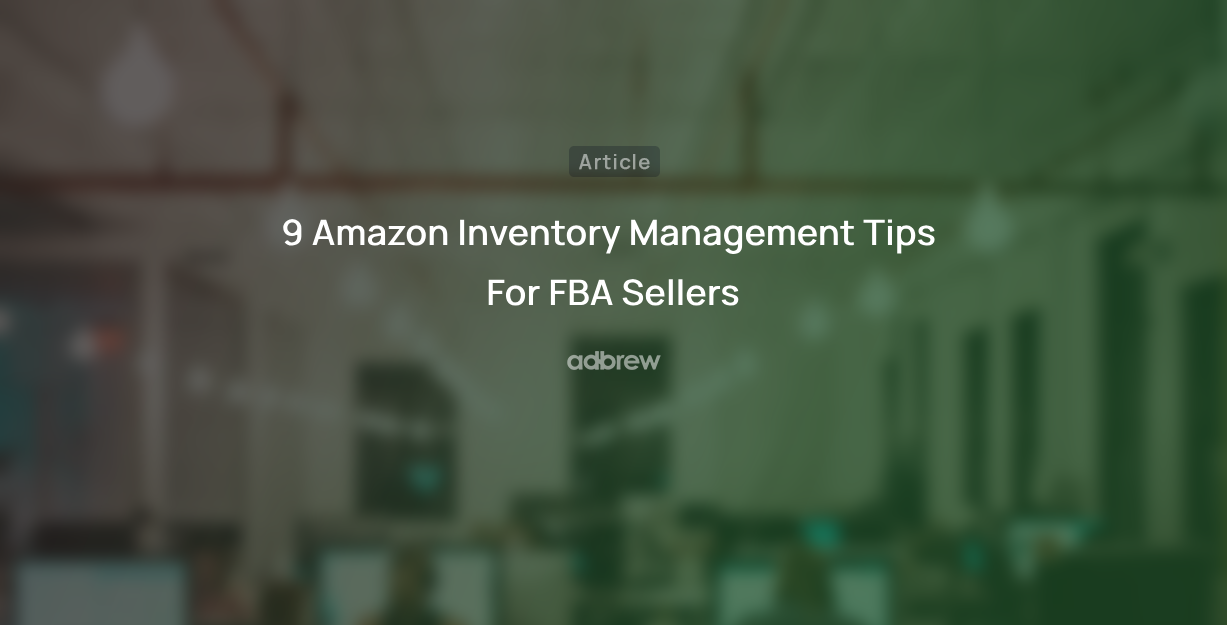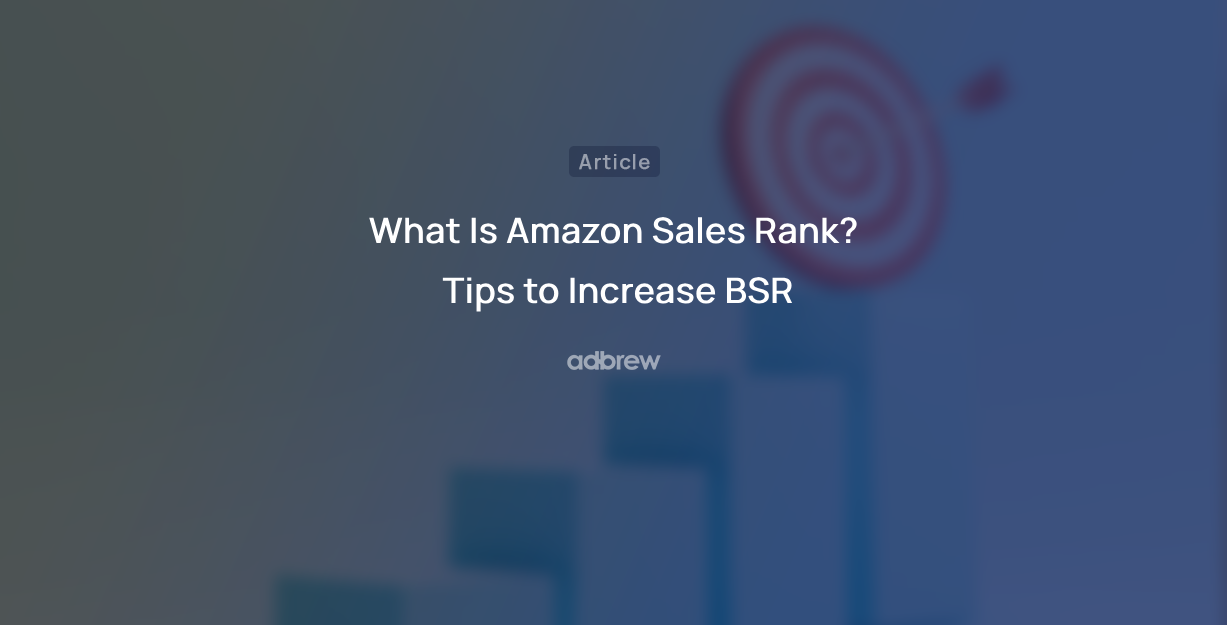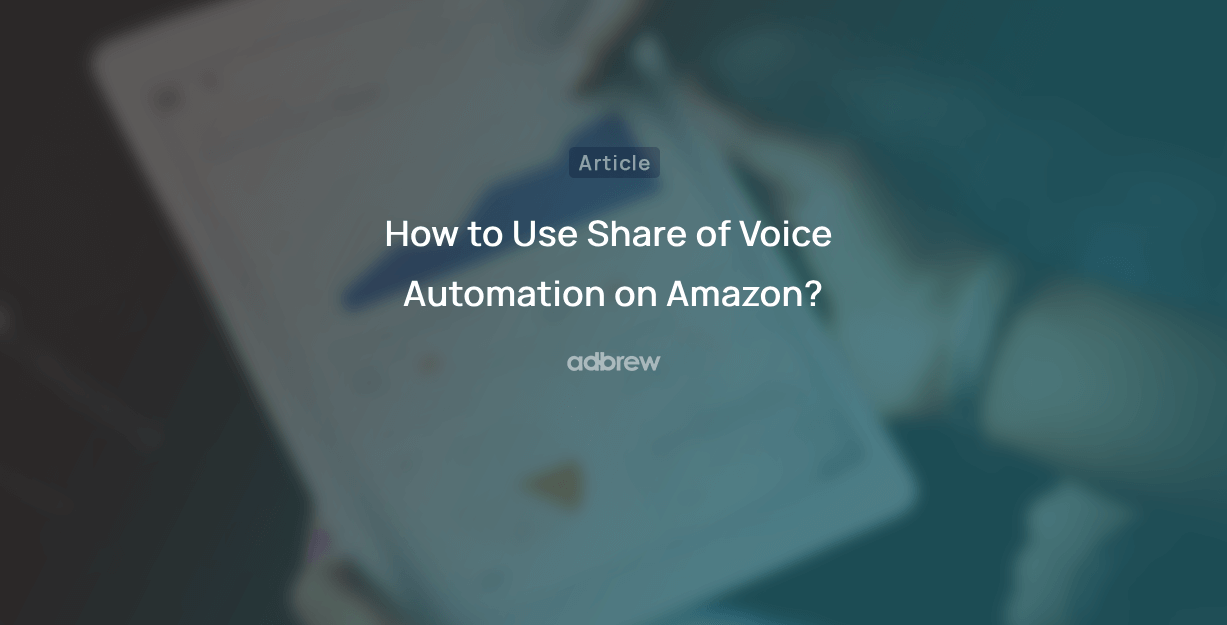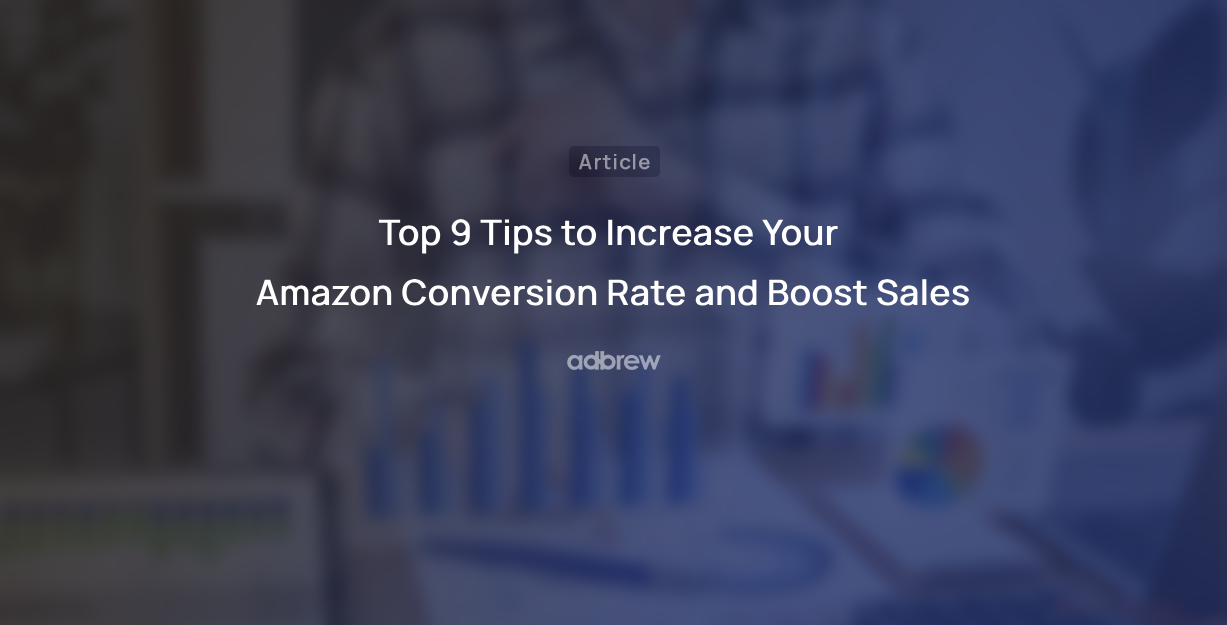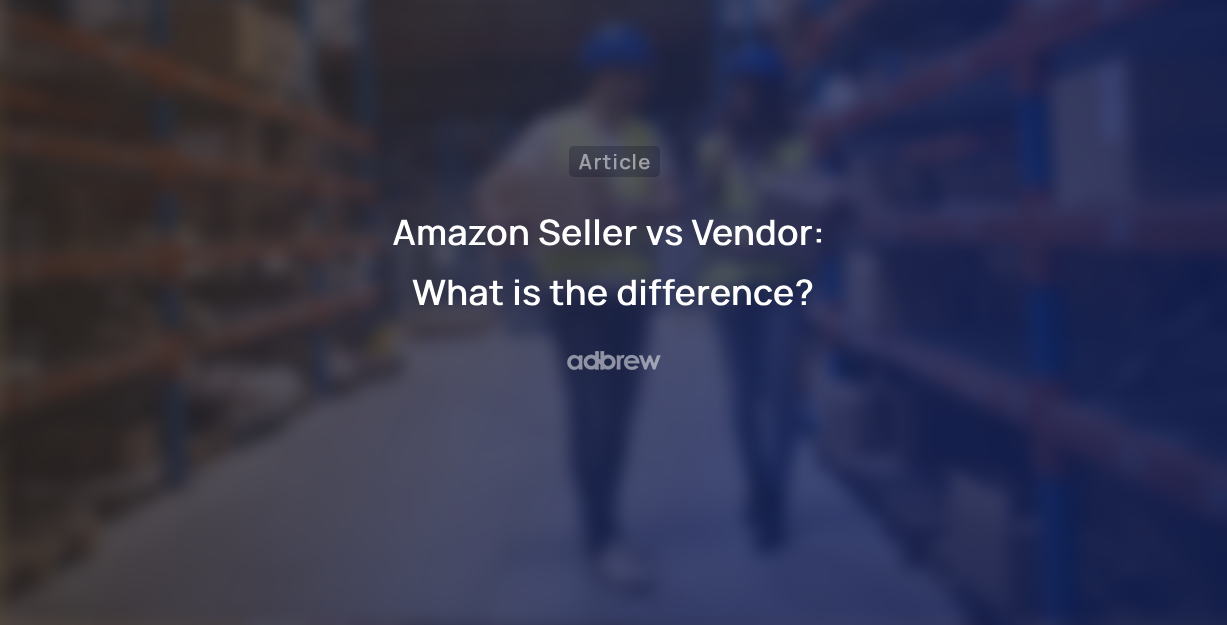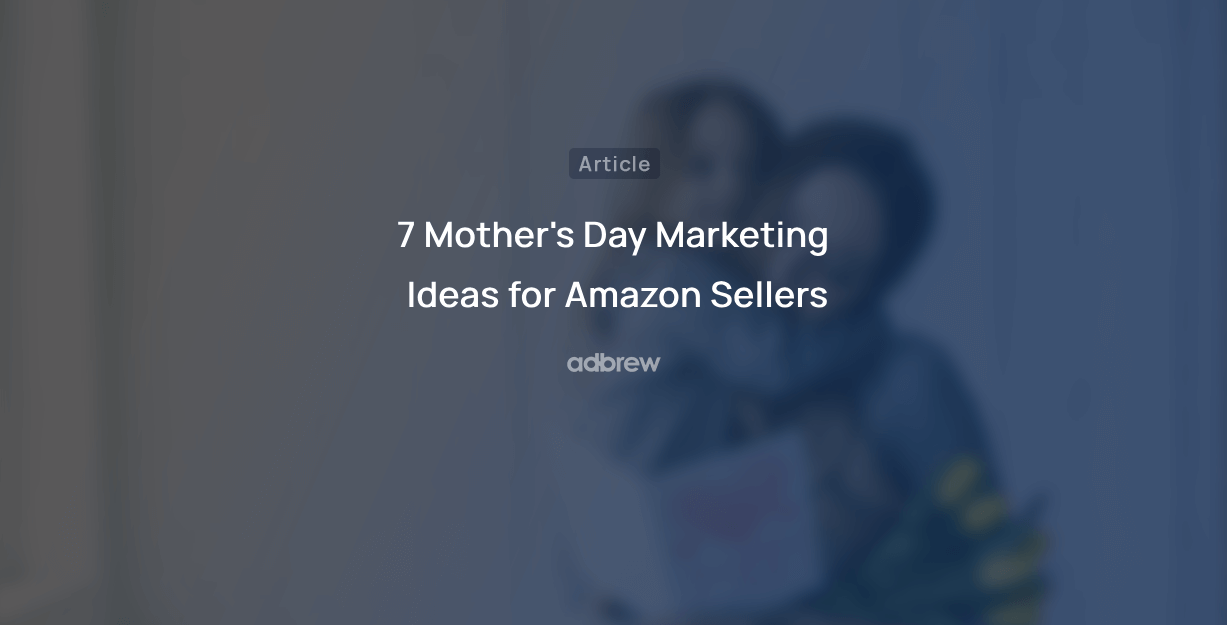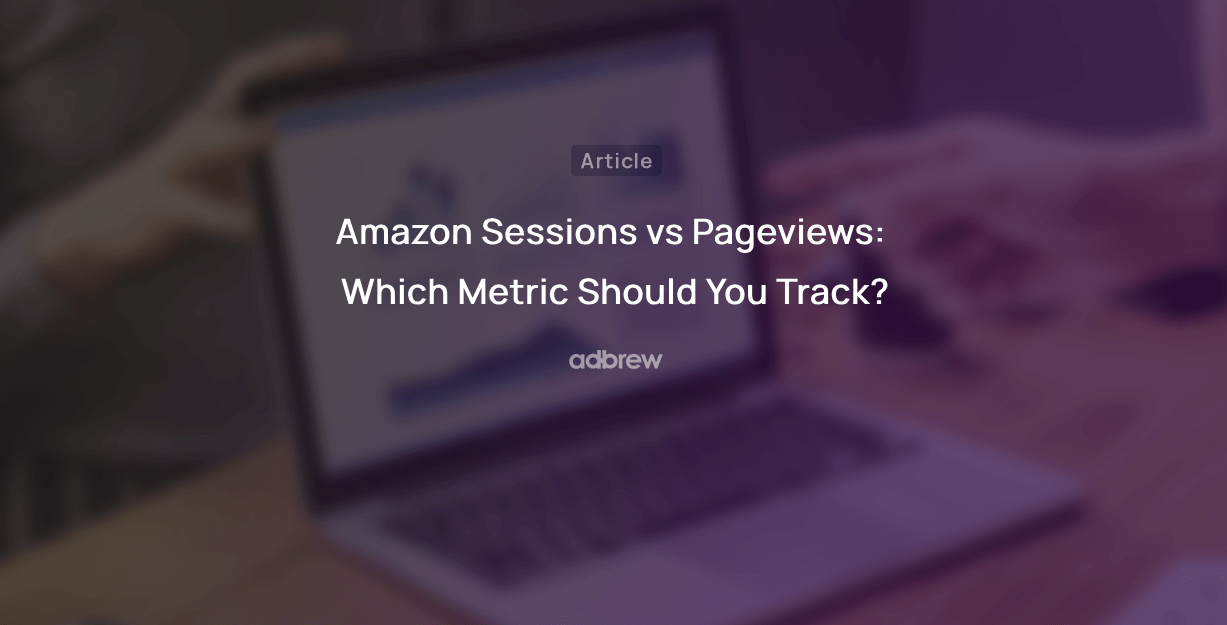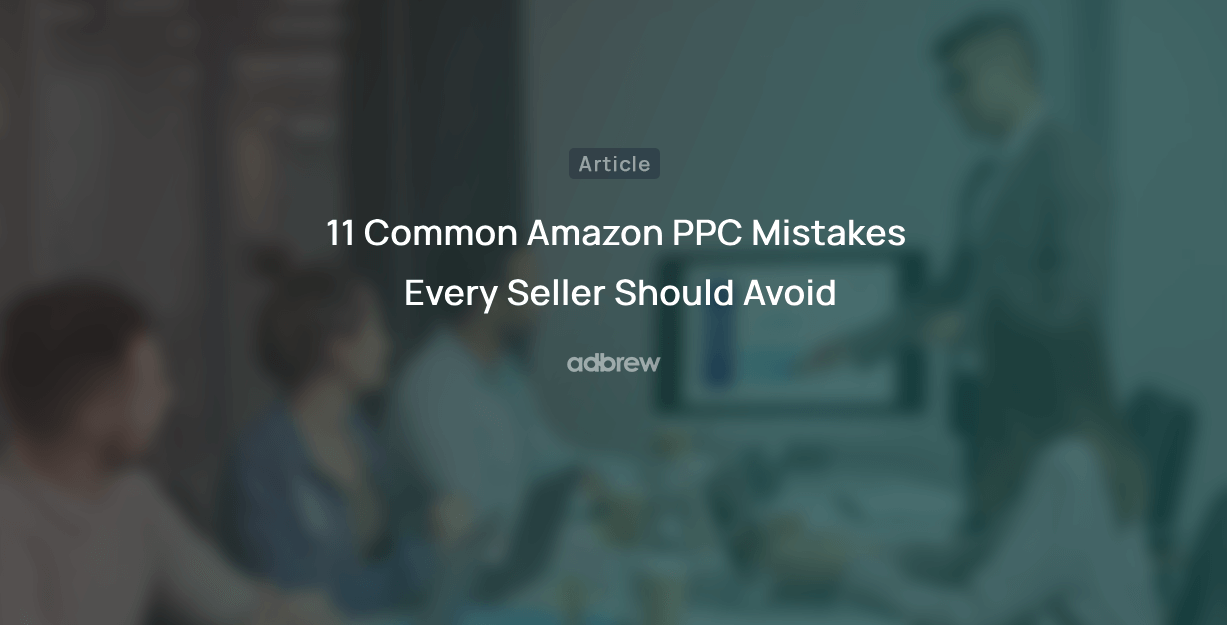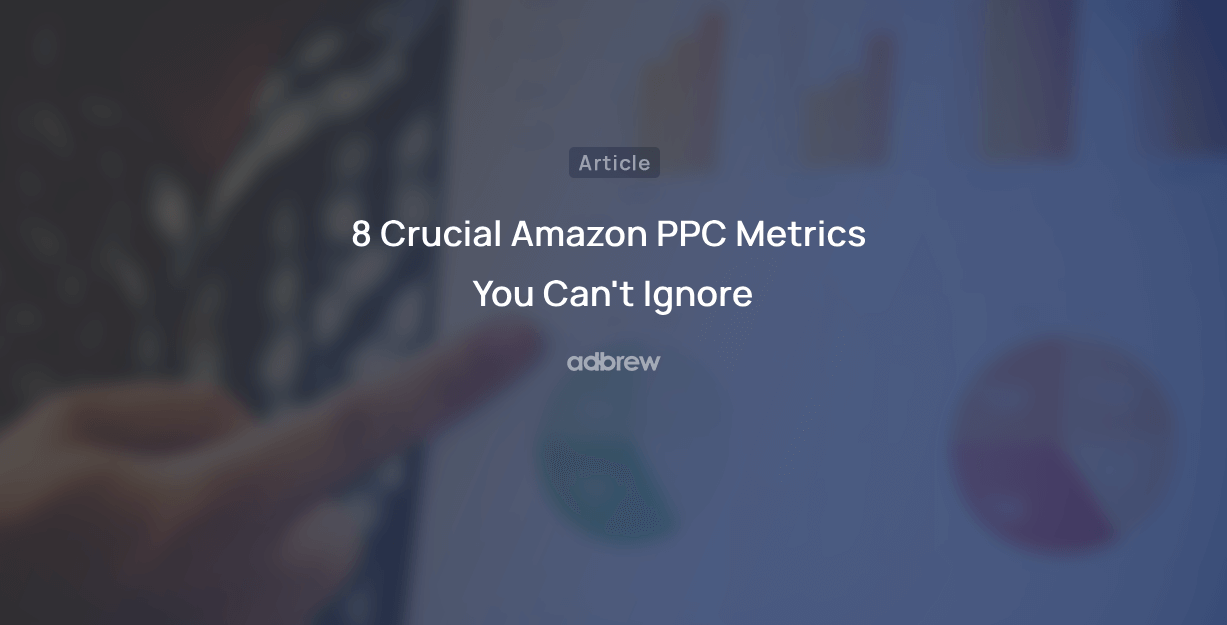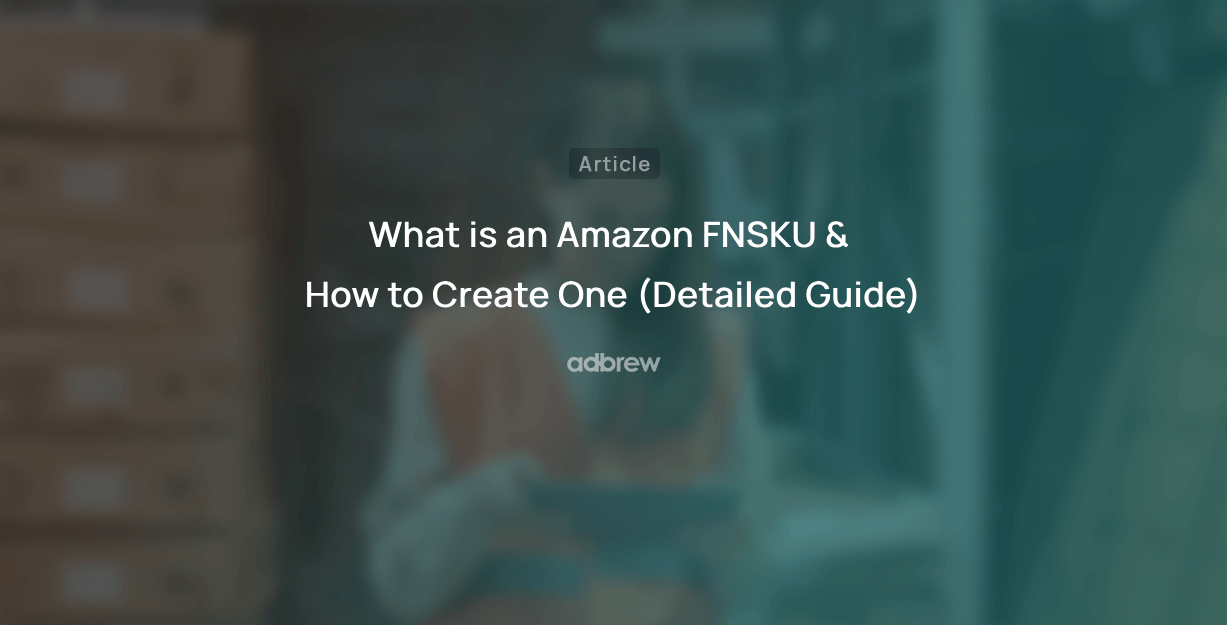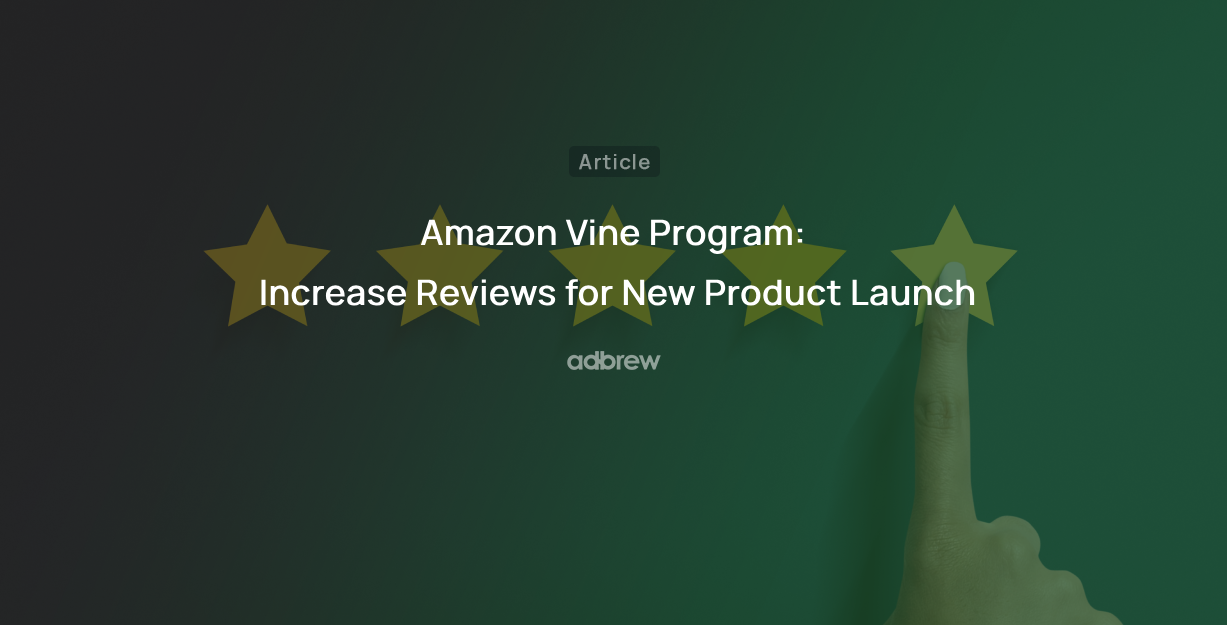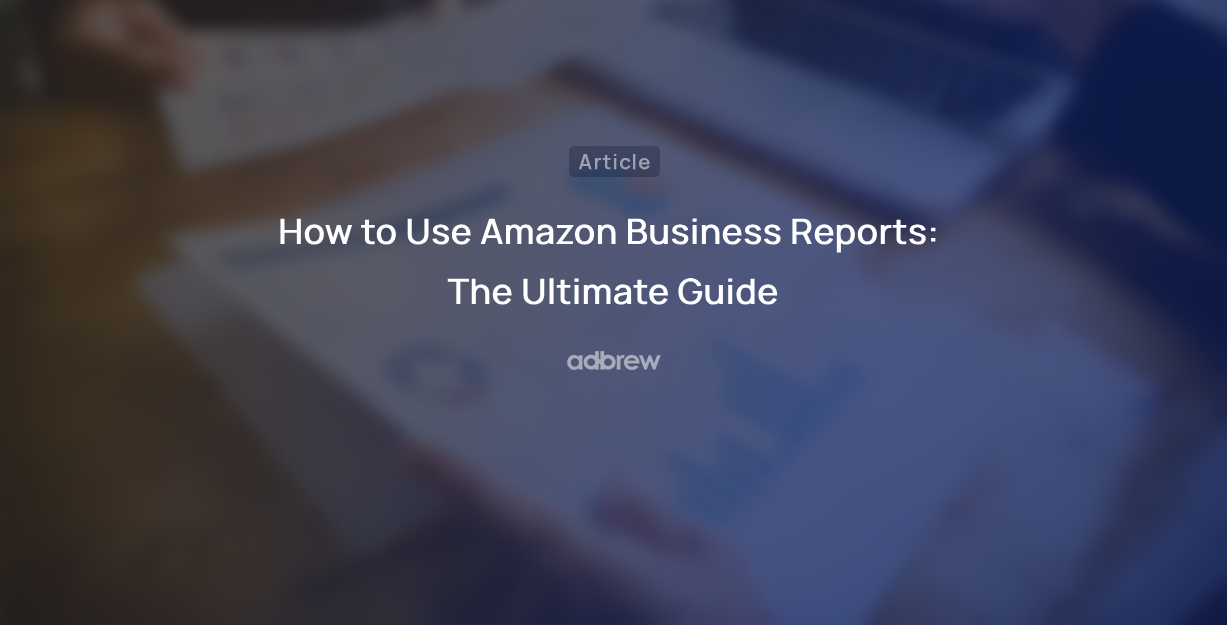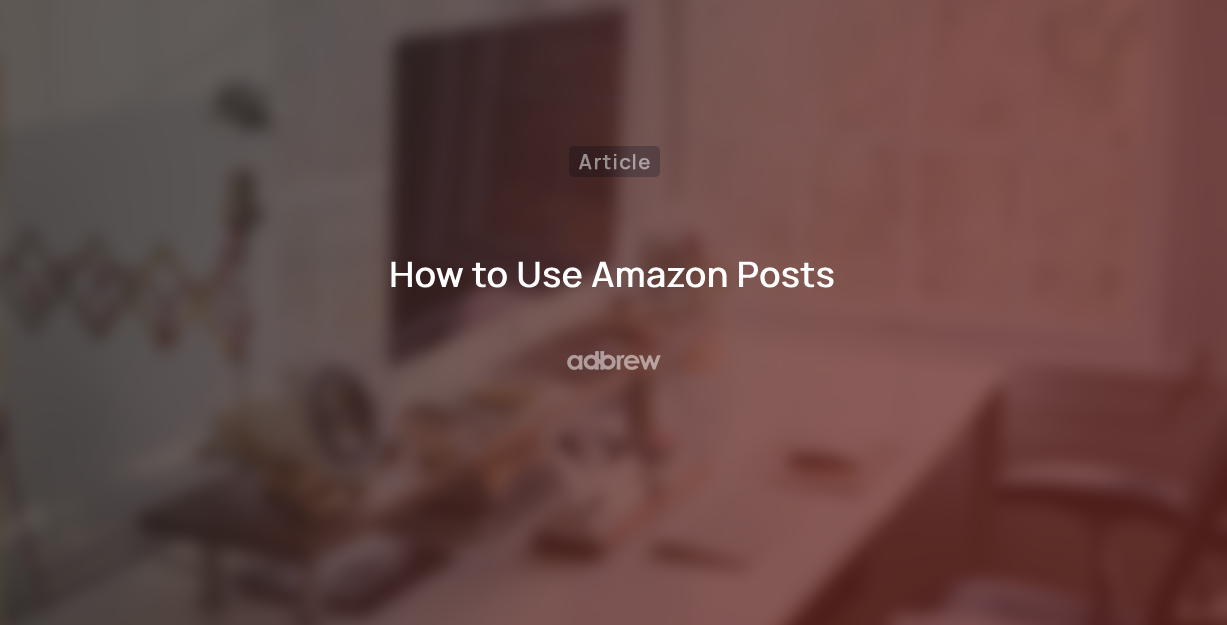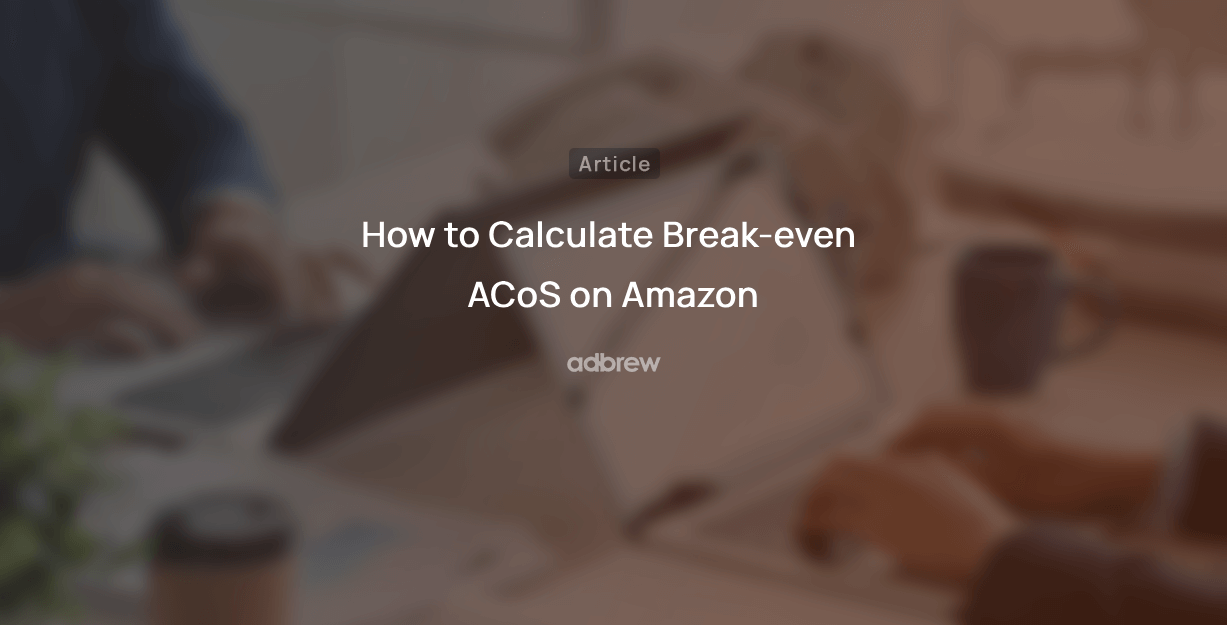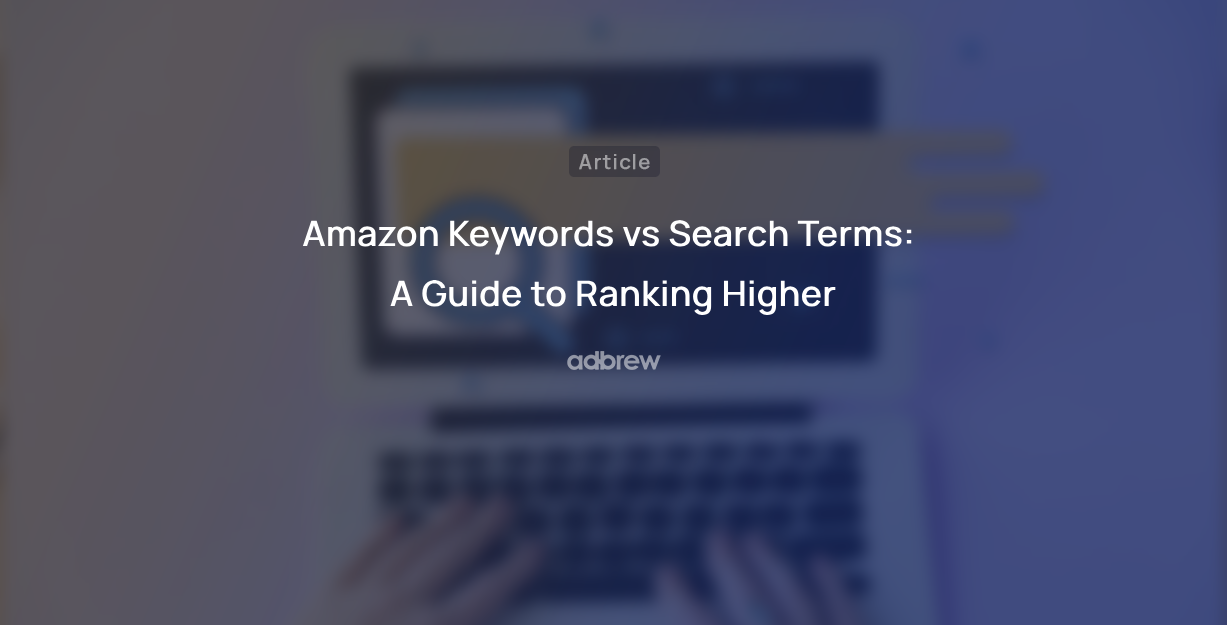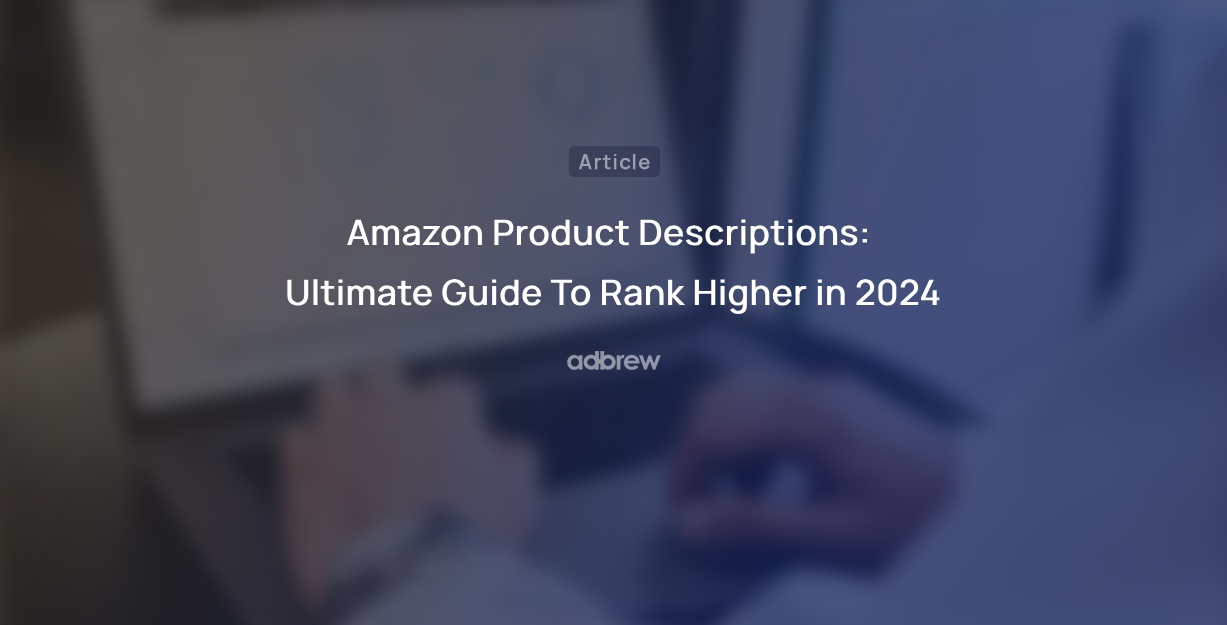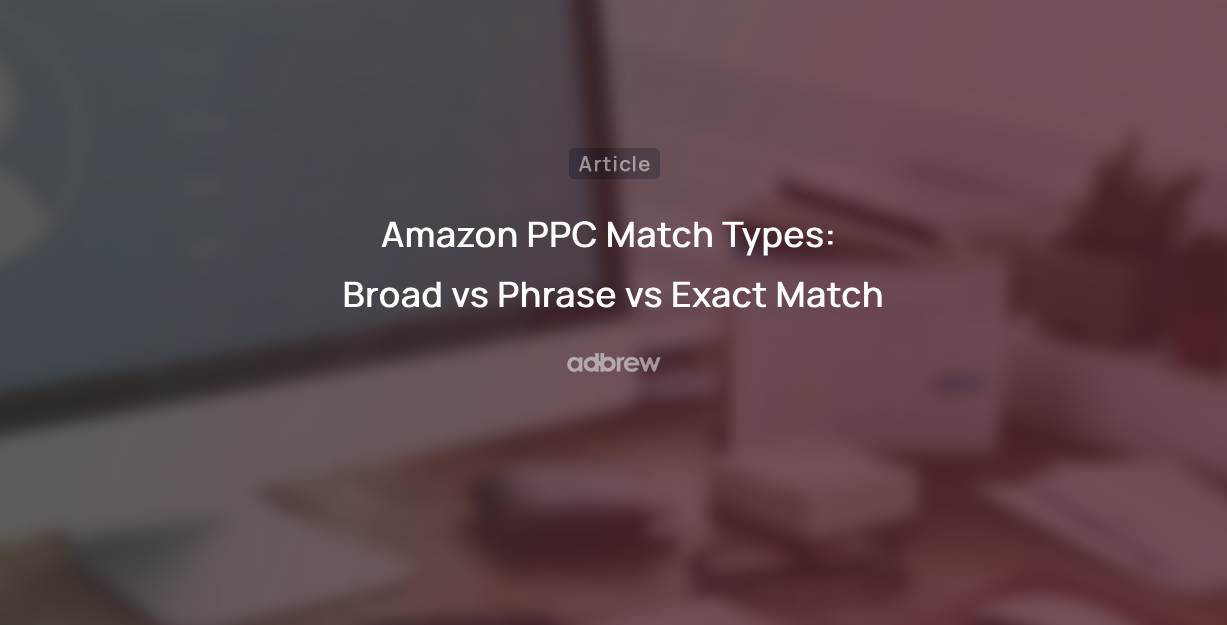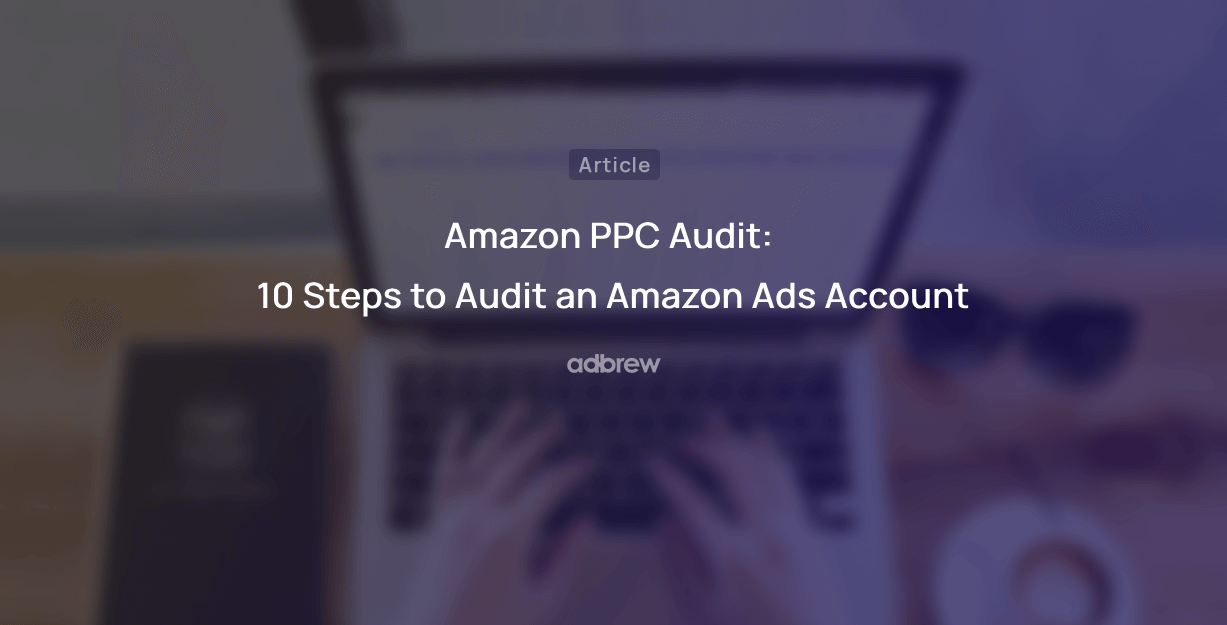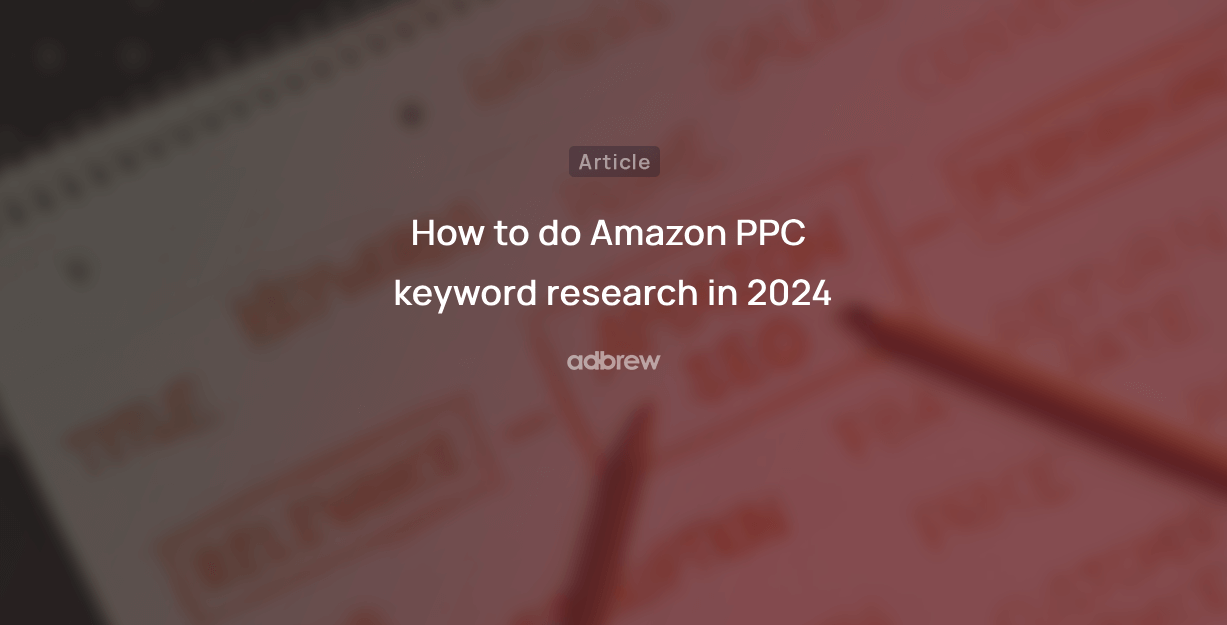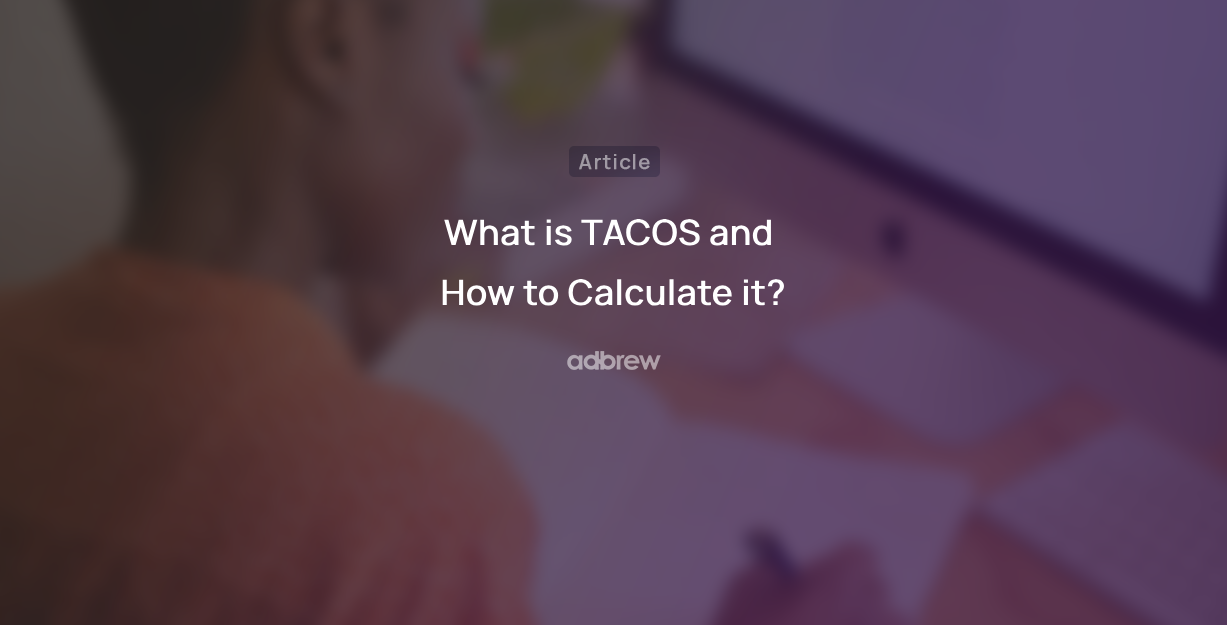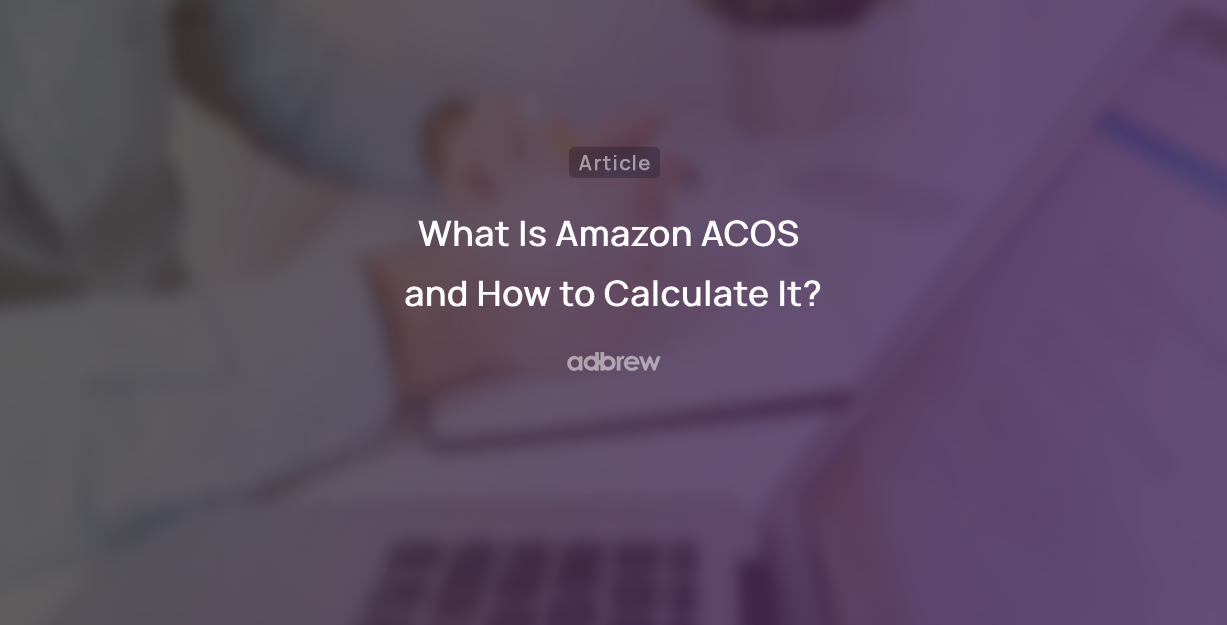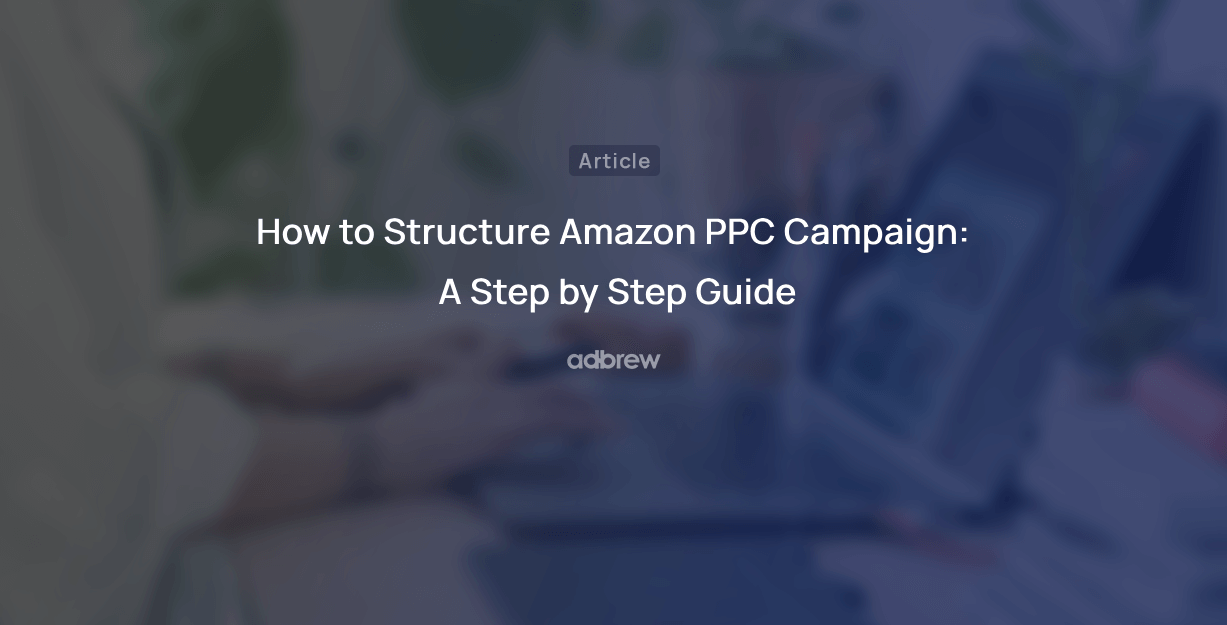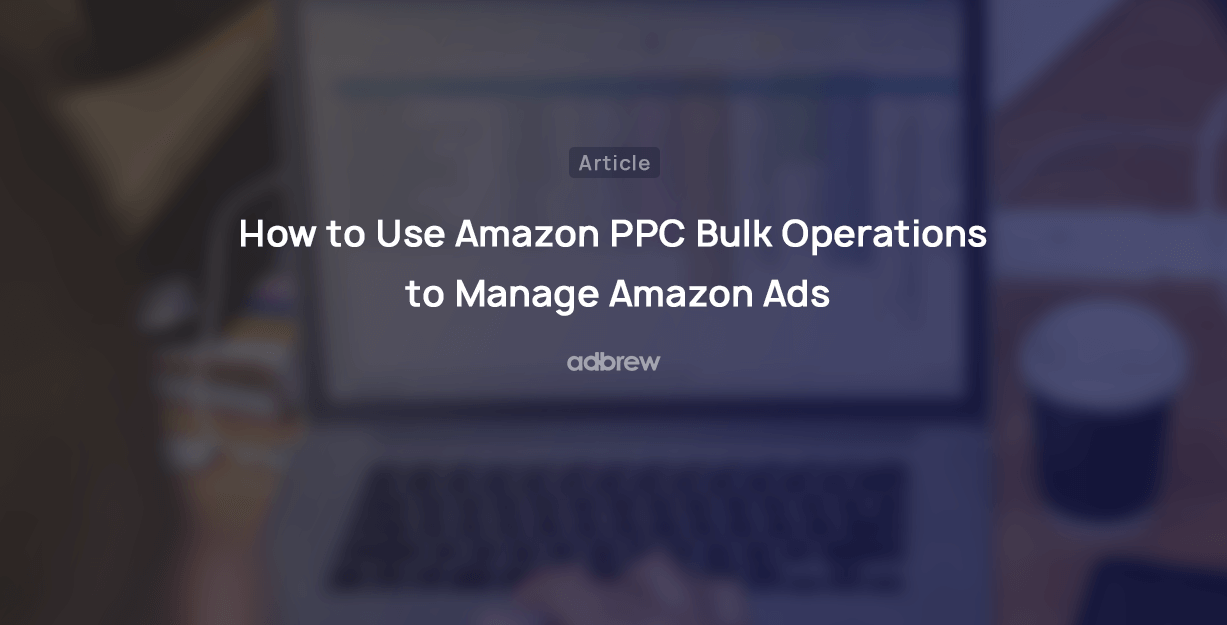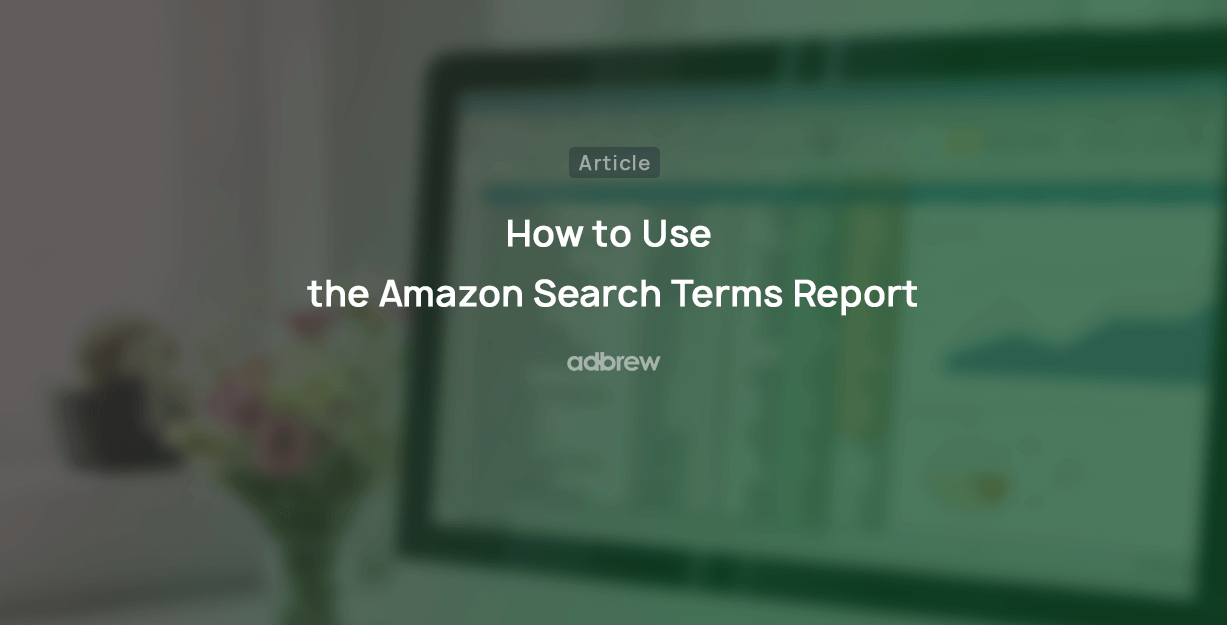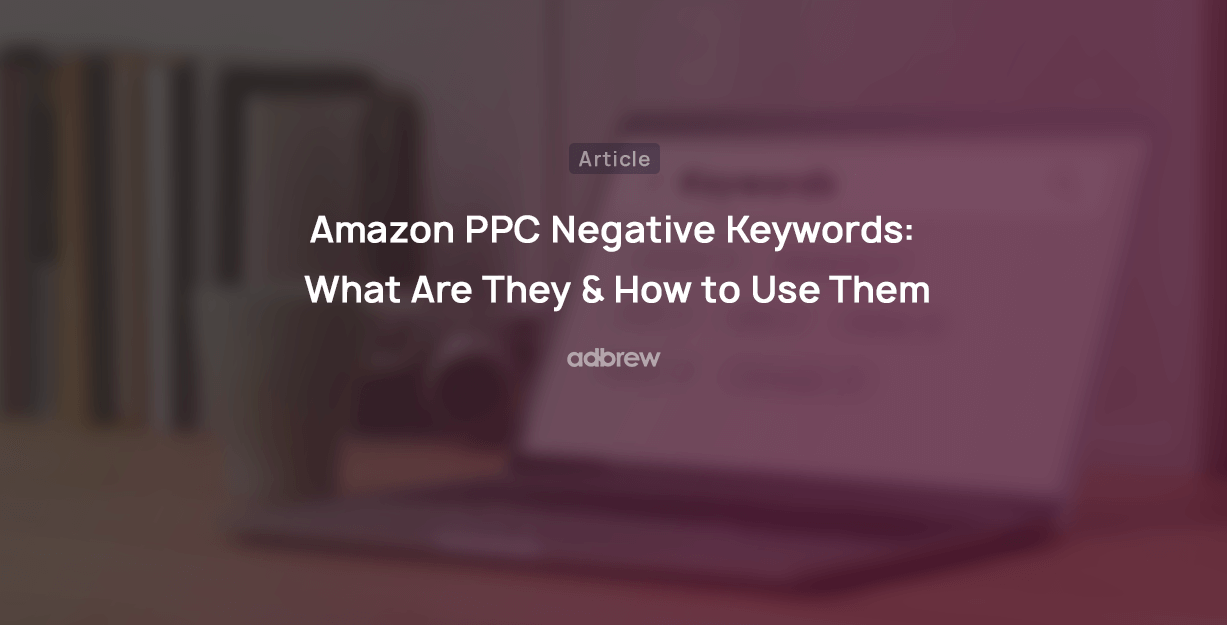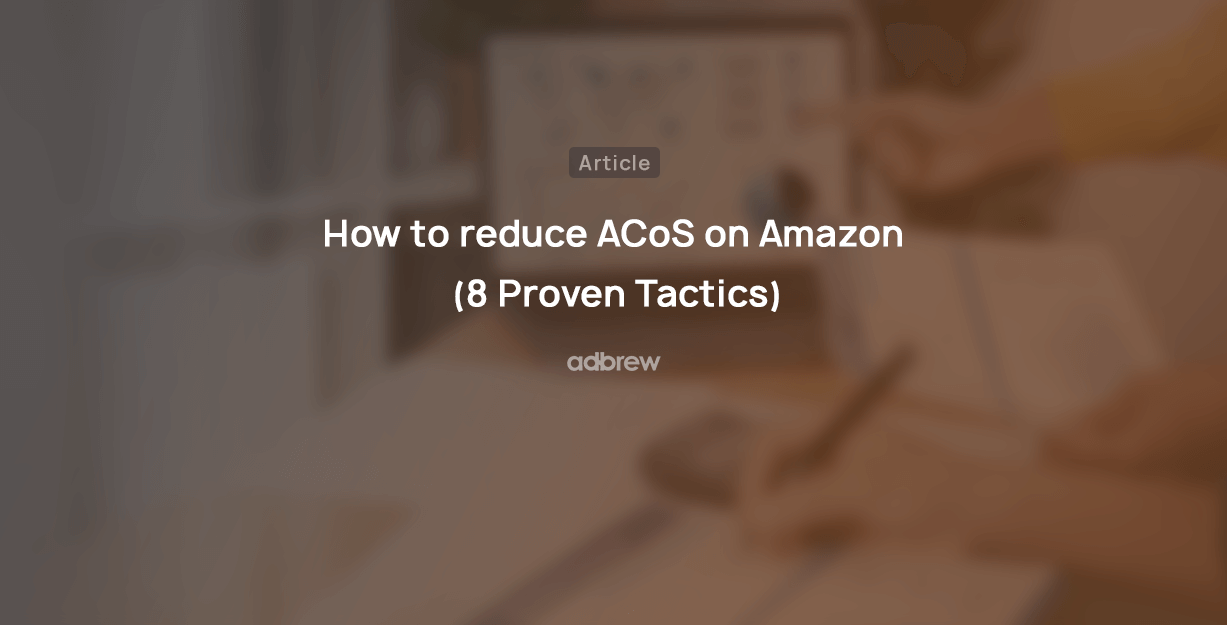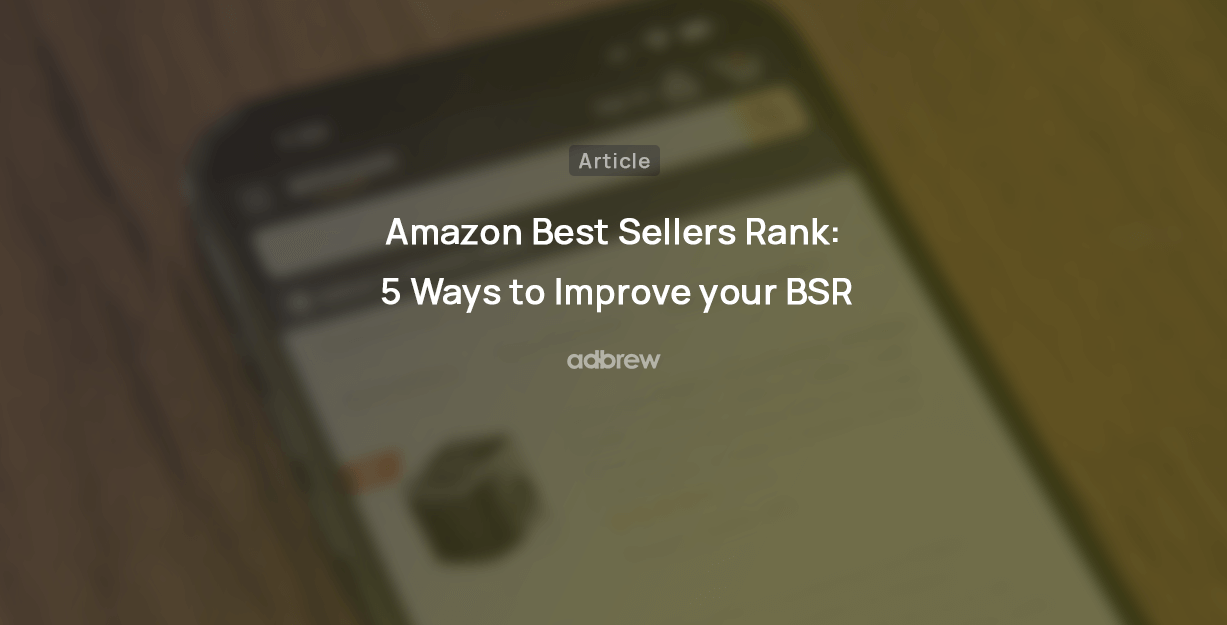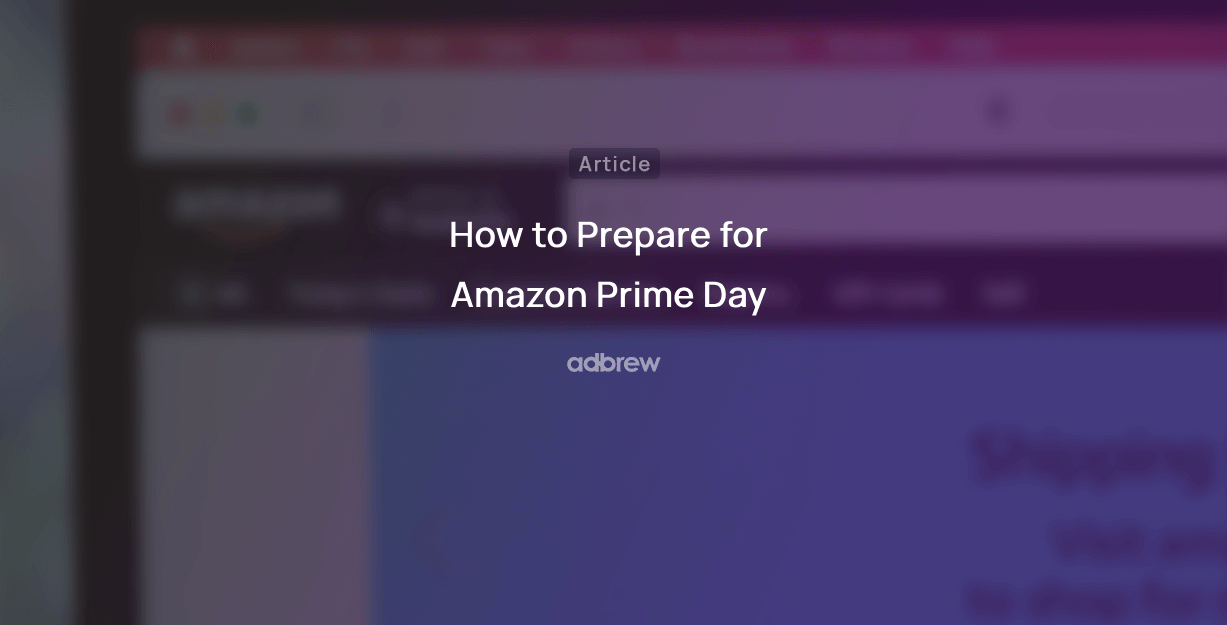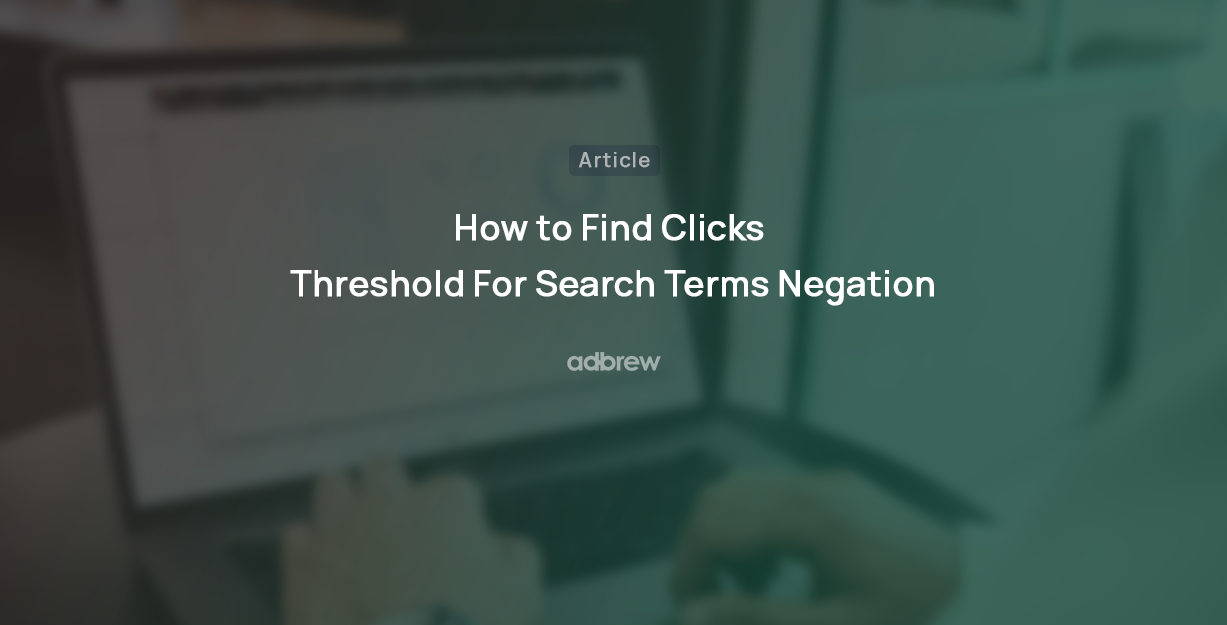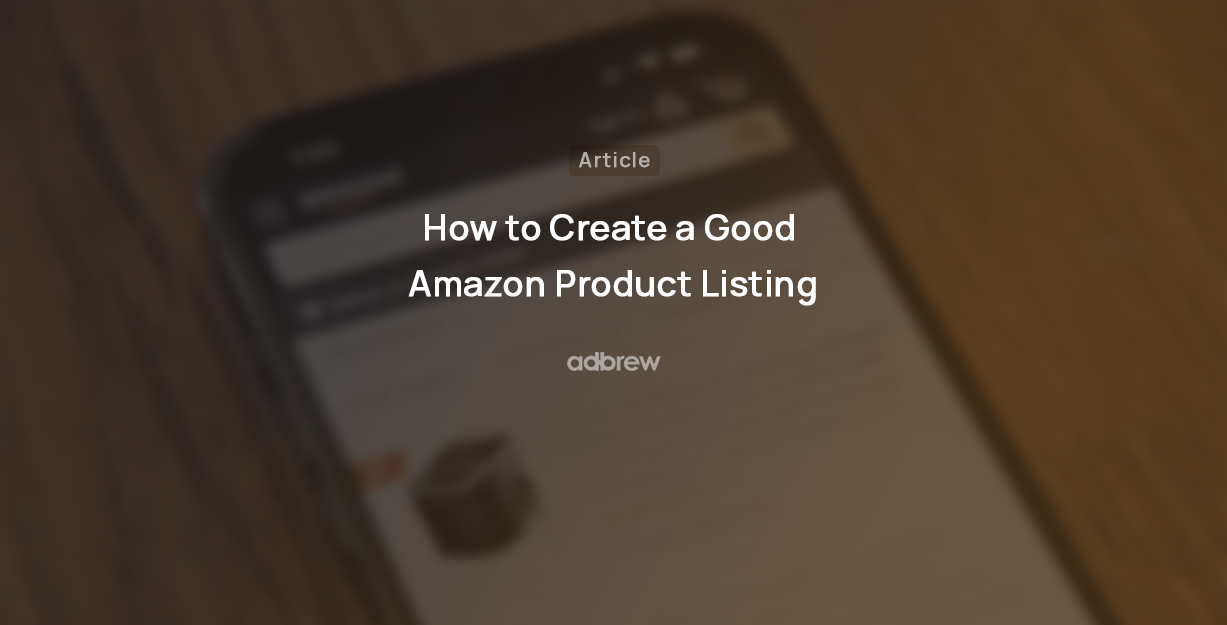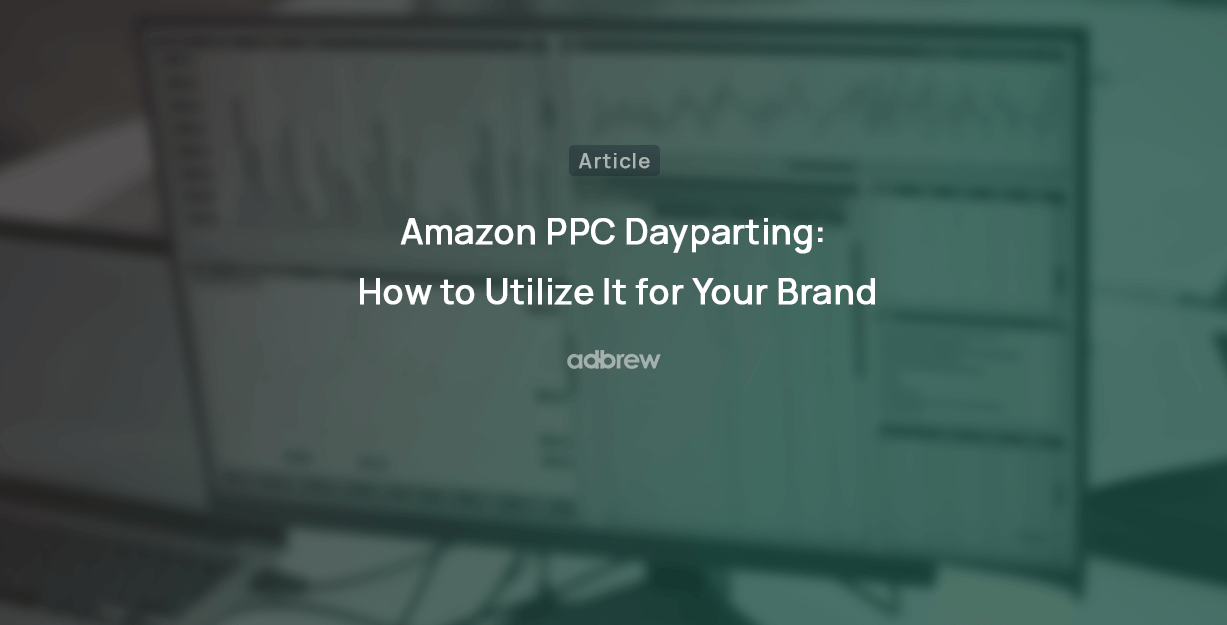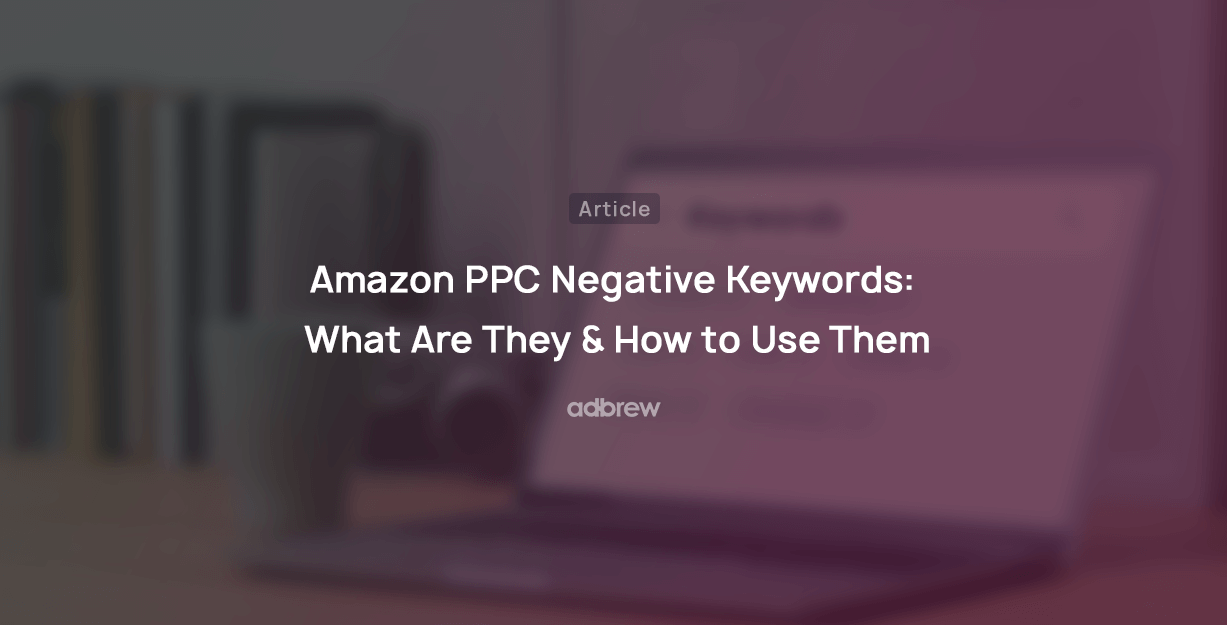
When you are spending dollars or even more to get a click on your Amazon ads, you want to ensure that your ads are shown to the right people.
Otherwise, you are just wasting your ad spend.
But how do you make sure that your ads are not displayed to shoppers who are not the right fit for your product?
Negative keywords!
In this blog, we will cover
What are Amazon PPC negative keywords?
Why should we use Negative Keywords?
Types of Amazon Negative Keywords
Difference between Regular and Negative Keywords on Amazon
How do you find Negative Keywords on Amazon?
Where and how to add negative keywords on Amazon?
What are Negative Keywords in Amazon PPC
Negative keywords are words or phrases you can use in your ad campaign to prevent your ads from appearing when shoppers search for those terms on Amazon.
Adding negative keywords will improve the performance of your campaigns by preventing them from showing your ads on search queries that aren’t closely associated with your products.
For example, let’s say you sell “white shirts” on Amazon and target ‘shirts‘ as a Phrase Match Keyword in your campaign. Now, your product will also be eligible to appear when somebody searches for ‘black shirt‘ or ‘blue shirt.’ However, if a shopper is looking for a black or blue shirt, your product would be irrelevant to them.
Hence, adding these terms as negative keywords will prevent your ad from appearing to shoppers who may not be interested in your products.
Why Use Negative Keywords?
Utilizing negative keywords in your Amazon PPC campaigns can provide several valuable advantages, including:
Increasing Click-Through Rate and Conversion Rate
The click-through rate is the ratio of impressions to clicks, and it is a crucial metric for determining a product’s relevance to the customer’s search term.
Negative keywords ensure that your ads are displayed to a relevant audience, improving the click-through rate and increasing the likelihood that those who click are genuinely interested and likely to convert, thus improving your overall conversion rate.
Preventing Keyword Cannibalization
Keyword cannibalization on Amazon occurs when multiple campaigns for the same product compete against each other for the same keyword.
It can happen in two scenarios:
Between an Auto Campaign and a Manual Campaign targeting exact match keywords.
Imagine running both an Automatic targeting campaign and a manual campaign focusing solely on exact match keywords for your product. The ‘close_match’ targeting in the Automatic campaign may steal impressions from the exact match campaign, affecting the latter’s performance. To address this, you can add the keyword as a negative in your auto campaign to ensure that your ads are only displayed from the manual exact match campaign.
Between two related but different products.
Suppose you have a variation listing of two products, ‘milk chocolate’ and ‘dark chocolate,’ and you are targeting ‘chocolate’ as a phrase match keyword for both products in their respective campaigns. If a user searches for ‘milk chocolate,’ they may see the ad for the other product, leading to poor click-through rates and conversion rates. To avoid this, you can add ‘milk chocolate’ as a negative keyword for the ‘dark chocolate’ campaign/Ad Group and vice versa.
Minimizing Wasted Ad Spend
Adding negative keywords prevents irrelevant clicks, ensuring your budget is spent on relevant keywords or targets. This is very useful if you have a limited budget and only want your ads shown to shoppers most likely to convert.
Types of Negative Keywords in Amazon Advertising
There are three types of negative keywords/products in Amazon Advertising.
Negative Exact Match:
Exact Match Negative Keywords prevent your ads from appearing for search terms that exactly match the defined terms, including plurals and slight misspellings of the term.
For example, if you add ‘milk chocolate’ as a negative exact match, Amazon will prevent your ad from showing search terms such as ‘milk chocolate’ or ‘milk chocolates.’ However, it will still display the ads for terms like ‘large milk chocolate’ or ‘milk chocolate sweet’ because the search term contains other terms, and Amazon won’t prevent the ad from showing.
Negative Phrase Match:
Negative Phrase Match prevents your ads from showing search terms that contain the keyword in the defined sequence. For example, ifyou add ‘milk chocolate’ as a negative phrase match, your product won’t appear for search terms like ‘sweet large milk chocolate’ or ‘large milk chocolate,’ but it will still be visible for searches such as ‘milk chocolate cheap’ or ‘milk chocolate sweet.’
Negative Products:
In addition to keywords, you can also add products as negatives. If you add a product ASIN as a negative, Amazon won’t display your ads when someone visits that product detail page.
Difference between Regular and Negative Keywords on Amazon

How do you find Negative Keywords on Amazon?
You can identify negative keywords by downloading the search term reports of a particular ad group or campaign. In the search terms column, look for keywords or products that meet the following criteria:
- A high number of clicks but little to no conversions.
- A high CPC but a low conversion rate.
- An increased number of impressions but low click-through rates.
With the help of Adbrew, you can save time by quickly reviewing the search term reports of all your campaigns in one place, applying desired filters to narrow down the list, and negating irrelevant keywords on the go.
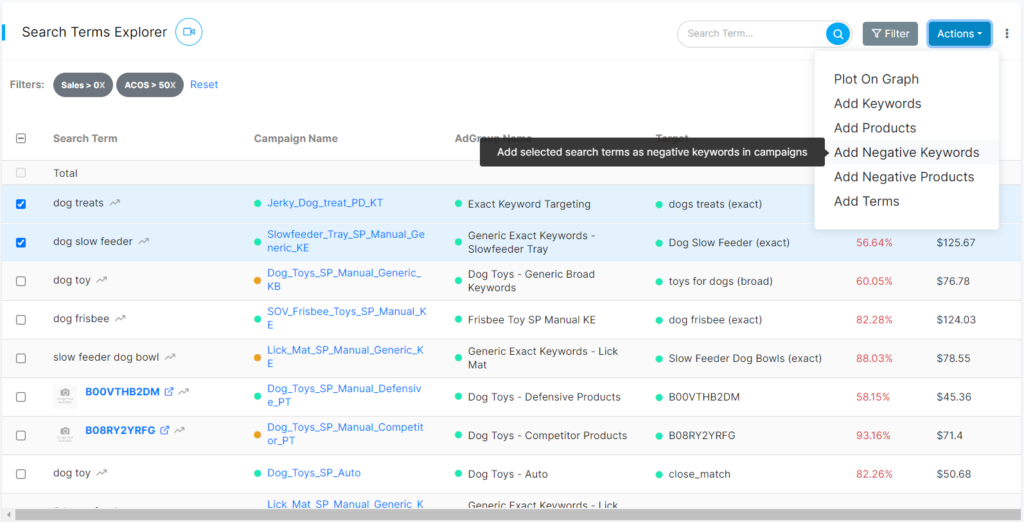
Where can you add Negative Keywords?
Negative Keywords in Amazon can be added at two levels:
Campaign Level:
Adding Negative Keywords at the campaign level applies them to all Ad groups within that campaign. This is useful when you want to negate a keyword across all ad groups in a campaign.
Ad Group Level:
Negative Keywords can be added at the ad group level when you only want to negate keywords for a specific ad group, without affecting others in the campaign.
Where can you add Negative Keywords?
Step 1: Go to the campaign/ad groups where you want to add negative keywords and click on the “Negative Keywords” tab.
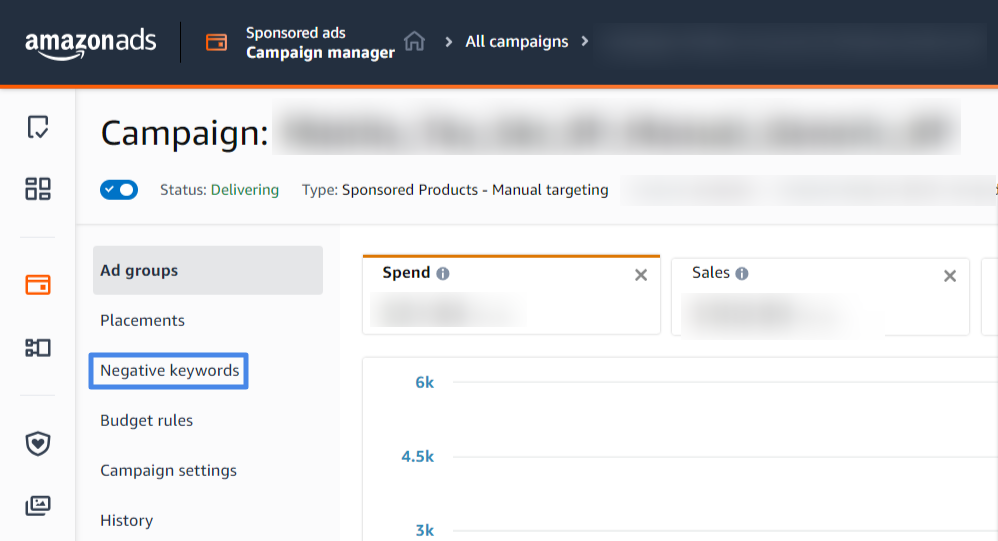
Step 2: Click on “Add Negative Keywords”.

Step 3: Enter the keywords you want to negate. Add keywords on separate lines.
Step 4: Select the match type you prefer, either “Negative Exact” or “Negative Phrase”.
Step 5: Click on “Add Keywords” and save your changes”.
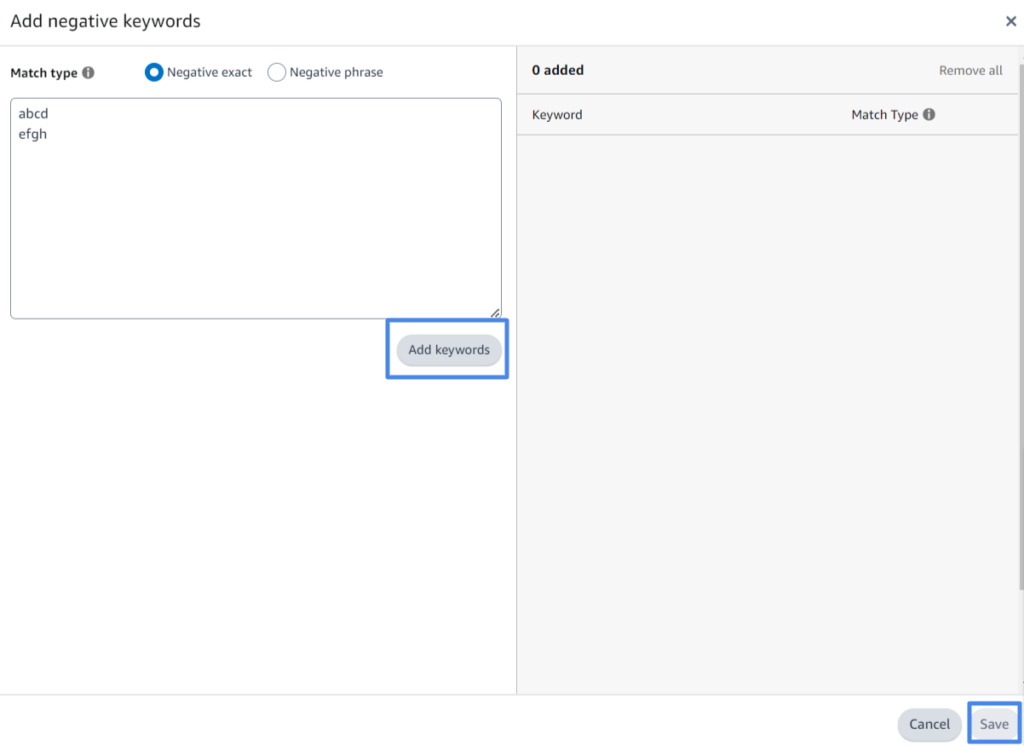
Ready to get started with Adbrew?
Use Adbrew Automation to automatically identify and negate keywords to improve your ad performance.
Final Thought on Amazon PPC Negative Keywords:
In conclusion, negative keywords are essential for improving the performance of your Amazon advertising campaigns. They offer flexibility to filter out irrelevant search queries, boosting your click-through rate (CTR) and conversion rate by ensuring your ads are shown to a more targeted audience.
Frequently Asked Questions
How do you remove negative keywords on Amazon?
Go to Campaign Manager, and navigate to your specific campaign’s “Negative Keywords” tab. Select the unwanted keywords and choose “Archive” to remove them.
How frequently should I add negative keywords on Amazon?
Ideally, you should review your new campaigns every week to identify underperforming and irrelevant search terms. Once you have optimized a campaign for 1-2 months, you can transition to reviewing it bi-weekly or monthly, as you won’t encounter a significant influx of new terms daily.
Recent Posts
Take your Amazon PPC advertising to the next level

Related Blogs
Running Amazon ads with an empty shelf? You might as well be burning cash. Many sellers focus on optimizing bids, […]
In today’s competitive digital landscape, growing your eCommerce brand requires more than just a standalone website or a single marketplace […]
Are you an Amazon seller looking to offload excess inventory or seasonal items? The Amazon Outlet program might be just […]
Turning your bookshelf into a source of income has never been easier, thanks to Amazon. If you have books collecting […]
If you’re an Amazon seller, encountering an account suspension or policy violation can be a significant setback. But with the […]
Introduction Amazon dropshipping is an increasingly popular way to run an e-commerce business without the need to store or ship […]
Introduction The Amazon Influencer Program is a great way for content creators to turn their influence into earnings. This program […]
Introduction Amazon Kindle Direct Publishing (KDP) is a platform that allows authors to self-publish their work as ebooks or print […]
Selling on Amazon offers many opportunities for businesses, but it’s essential to understand the costs involved with Fulfillment by Amazon […]
Walmart is quickly becoming a popular platform for brands and sellers to connect with more customers. One way to boost […]
In today’s competitive retail landscape, reaching the right audience at the right time is crucial for success. Walmart’s Demand Side […]
In today’s fast-paced eCommerce landscape, shoppers demand speedy delivery. Walmart has responded by offering 2-day shipping, giving sellers on the […]
Running successful Walmart advertising campaigns takes more than just setting them up—it requires ongoing optimization. A Walmart PPC (Pay-Per-Click) audit […]
Are you ready to tap into the massive potential of Walmart Marketplace? With millions of daily visitors and a loyal […]
In the world of e-commerce, Amazon and Walmart reign supreme, dominating the retail landscape. These two giants offer vast opportunities […]
Are you a brand owner struggling to maintain control over your products on Walmart? The Walmart Brand Portal is here […]
Are you dreaming of a passive income stream from your Walmart store? The allure of an automated Walmart store with […]
Are you a seller looking to tap into the massive market of private-label brands? Walmart, one of the world’s largest […]
Tired of your Walmart products getting lost in the shuffle? In this blog post, we’ll dive into the essential strategies […]
Ever wondered why some Amazon sellers seem to have a magic touch with product bundles? It’s not luck—it’s strategy. Bundling […]
If you’re a Walmart seller looking to grow your business through retail media, Walmart Connect could be a game-changer. But […]
If you’re an Amazon seller, you may have noticed a portion of your inventory marked as “reserved” without knowing exactly […]
Have you ever wondered what managing your own Amazon orders is like? Switching from Fulfilled by Amazon (FBA) to Fulfilled […]
Walmart Marketplace offers an exciting opportunity for sellers to reach a vast audience by listing their products on Walmart’s platform. […]
Selling products on online marketplaces has become a vital strategy for businesses to reach more customers. If you’re looking to […]
Are you a Walmart seller aiming to improve your visibility and sales? In this blog, we will explore Walmart SEO, […]
As an Amazon brand owner, maintaining control over your product listings is essential to protect your brand’s reputation and customer […]
Improving your sales on Walmart starts with understanding how to consistently win the Buy Box. Securing this position can make […]
Are you an Amazon seller struggling to increase your rating? A high seller rating is crucial for attracting new customers […]
As an Amazon seller, providing the best customer service is paramount to maintaining a positive customer experience. One key metric […]
If you’re an Amazon seller and curious about Amazon IPI score and its impact on your business, this blog post […]
Introduction Starting an Amazon subscription box business presents a unique opportunity to tap into the growing trend of curated, recurring […]
Thinking about using Fulfillment by Amazon (FBA) to sell on the Amazon marketplace? Awesome! But before you box up your […]
Thinking about using Fulfillment by Amazon (FBA) to streamline your Amazon business? While FBA offers a convenient way to store […]
For FBA sellers, the Amazon Buy Box is the holy grail of product visibility. But with constant algorithm updates and […]
Have you ever wished you could offer customers pre-made packages of complementary products without the hassle of physically bundling them […]
Have you ever wanted to create a more branded and engaging presence for your products on Amazon? An Amazon storefront […]
Are you storing items on Amazon for a while? If so, it’s important to be aware of Amazon long term […]
When selling products on Amazon, it is crucial to follow their packaging requirements, rules, and guidelines. Proper packaging ensures that […]
Amazon A/B testing can significantly enhance your product listings and boost sales. This method, also known as split testing, involves […]
Have you ever browsed Amazon and stumbled upon a product with a little blue badge that reads “Amazon’s Choice“? It […]
Amazon FBA vs FBM needs to be explored, when we ship products and handle orders while selling on Amazon. With […]
Ever feel like you’re missing something in your Amazon PPC Search Terms report? You might be! Sure, they show what […]
Amazon can be a fantastic platform to reach new customers, but keeping your virtual shelves stocked can get tricky. That’s […]
Navigating Amazon as a new seller can be tough, but there are tools and programs available to help such as […]
Have you ever scrolled through an Amazon search result page and noticed product recommendations nestled alongside the standard listings? These […]
Finding time for yourself while selling on a competitive marketplace like Amazon can be challenging. As a seller, your main […]
Starting an E-commerce business has become quite easy with Amazon, but it also brings heavy competition. Millions of Amazon sellers […]
As an Amazon seller, you know the importance of getting your products seen. But with millions of listings, how do […]
Ever scrutinized an Amazon product page and noticed the cryptic “Sales Rank”? Wondering what it means and how it impacts […]
Millions of products compete for customer attention on Amazon’s search results page, making it tough for your brand to stand […]
Are you selling products on Amazon and looking to increase your sales? This blog is for you. We’ll share tips […]
Are you an Amazon seller looking to boost your brand visibility and profitability? Are you feeling stuck in the cycle […]
Ever wonder what drives your online shopping habits? Perhaps a captivating product description, or an eye-catching professional photo? As it […]
For any seller on Amazon, understanding the A9 algorithm is crucial for success. This complex algorithm dictates which products appear […]
Are you an Amazon seller looking to turn those single purchases into recurring revenue? Look no further than the Subscribe […]
Amazon has become a go-to platform for all e-commerce business owners to launch and scale their e-commerce brands online. But […]
Mother’s Day, a time to celebrate the incredible women who raised us, is a prime opportunity for Amazon sellers to […]
In the ever-competitive landscape of Amazon, ranking high in organic search results is crucial for driving sales. While you might […]
If you’ve ever found yourself scratching your head over Sessions and Pageviews on your Amazon business reports, you’re not alone. At […]
Amazon is a massive marketplace, attracting millions of customers with diverse needs, preferences, budgets, and mindsets for shopping. To effectively […]
With Amazon boasting over $575 billion in retail sales for 2023, it’s no wonder so many sellers flock to its […]
Advertising on Amazon through pay-per-click campaigns can significantly enhance product visibility and sales for sellers. However, mastering Amazon PPC, with […]
Have you heard of the terms copyright infringement and plagiarism? If so, then Amazon Brand gating won’t be unfamiliar to […]
If you are running ads on Amazon, you’ll come across a sea of data in your advertising console. But does […]
Have you heard of the terms copyright infringement and plagiarism? If so, then Amazon Brand gating won’t be unfamiliar to […]
In the fast-paced world of e-commerce, where shoppers are bombarded with choices, standing out on platforms like Amazon is paramount […]
Are you planning to start an Amazon FBA store? If so, you’ll encounter a unique term – FNSKU. This seemingly […]
As an Amazon seller, you understand the power of reviews. They’re the lifeblood of trust and conversion on the platform. […]
Are you struggling to get Amazon reviews on your product? Well, you are not alone! Reviews are the backbone of […]
Are you tired of bland Amazon product listings failing to grab attention? In today’s competitive online marketplace, standing out is […]
As an Amazon seller, understanding how your brand performs throughout the customer journey is vital for success. However, until recently, […]
As an Amazon seller, optimizing your business and maximizing profits relies heavily on data analysis. One invaluable tool for gaining […]
Are you struggling to get noticed on Amazon’s massive platform? Do your products get lost in a sea of similar […]
For any Amazon seller getting into the world of sponsored advertising, understanding the Advertising Cost of Sale (ACoS) is crucial. […]
A well-executed Amazon product launch strategy can be the key to unlocking success and gaining a competitive edge. As the […]
In the ever-evolving landscape of e-commerce, distinguishing between keywords and search terms is vital for optimizing product visibility and driving […]
Ever felt like you are throwing darts in the dark when it comes to your marketing efforts outside Amazon for […]
Amazon, the e-commerce giant, has successfully concluded a robust business year with outstanding performance in quarter 4. The most recent […]
Picture this: you have a great product on Amazon, but it’s not selling well despite having attractive images and a […]
The advertising landscape is evolving, and viewers are rapidly migrating from traditional cable TV to streaming platforms. This presents a […]
Feeling lost in the Amazon discount jungle? Struggling to reach the right customers and entice them to make the purchase? […]
Are your products getting lost in the vast ocean of Amazon listings? Do you want them to stand out, rank higher, […]
For years, Amazon sellers were in the dark. They couldn’t see what keywords customers were using to find their products, […]
Selling on Amazon can be tough with so many others doing the same in your category. That’s why it’s super […]
For Amazon sellers, understanding their customers has often felt like navigating a maze without a map. The missing link? A […]
Have you ever felt like your Amazon advertising campaigns are lost in a tangled jungle of keywords? You’re not alone. […]
When did you last give your Amazon PPC account a checkup? Regular Amazon PPC audits are crucial to ensure the […]
Embarking on the path of online selling? If so, you’re likely aware that Amazon is your ultimate destination. With a […]
Ever felt like your product is lost in the vast Amazon jungle? You’re not alone. With millions of shoppers actively […]
Amazon Sellers selling on the Amazon marketplace usually utilize Amazon advertising without keeping a close eye on the TACoS metric. […]
The rush of Black Friday and Cyber Monday might be over, but the opportunity for continued sales growth extends beyond […]
In the fierce Amazon advertising domain, where competition rises and costs increase, understanding and keeping track of the right metrics […]
Have you ever felt the frustration of campaigns going out of budget, leading to missing out on potential sales, or, […]
Amazon PPC campaigns can be a powerful tool for driving traffic and sales to your products. However, without proper structure, they […]
Whether you are creating a new advertising campaign or optimizing existing ones, doing it manually from the Amazon ad console […]
Want to know what search terms people use to visit or purchase your product on Amazon? If yes, you’re in […]
When you are spending dollars or even more to get a click on your Amazon ads, you want to ensure […]
Are you an Amazon seller looking to maximize your profits and minimize your advertising costs? If so, you’re not alone. Many […]
Are you exclusively relying on traditional metrics such as CTR, CPC, CVR, or ROAS to make your campaign optimization decisions? […]
Navigating the ever-evolving landscape of Amazon’s online marketplace is essential for any seller looking to thrive on the platform. Among […]
As the holiday season approaches, businesses are gearing up for the highly anticipated Q4 rush. To ensure a successful Q4, […]
Do you regularly review your Amazon advertising reports? If not, you may be missing out on numerous opportunities. Amazon […]
Whether you’ve just launched a new product or have been selling on Amazon for a while, advertising on the platform […]
Amazon PPC bidding strategies that you choose play a significant role in the success of your Amazon Ads campaigns. As […]
Have you ever heard of a “catch-all campaign”? This single campaign can generate extra sales for you at a very […]
Amazon Prime Day is one of the largest global e-commerce sales events, attracting millions of customers worldwide. But how do […]
Are you looking to boost your brand’s visibility and drive more sales on Amazon? Look no further than Amazon Sponsored […]
Succeeding on Amazon in 2024 isn’t easy. Just listing your products and hoping for the best won’t work anymore. You […]
Are you bidding the same amount for all your ad placements on Amazon? If yes, then you’re missing out on […]
Whether you are looking to boost product discovery or target audiences further down the sales funnel who have already engaged […]
We, at Adbrew catalyze millions of dollars of ad spend monthly through our platform, with Sponsored Product Ads being […]
Do you want to know how many clicks you should give a search term before adding it as negative in […]
Think of your product listing as a guiding light on the Amazon marketplace. It’s your chance to grab attention, tell […]
It is no longer a secret that shopping behavior on Amazon varies over the day. This is the reason why […]
Are you struggling to get the most out of your advertising budget on Amazon? Do you find that your campaigns […]
Ever run an Amazon Ad campaign and wondered why some sales weren’t directly linked to the products you advertised? That’s […]
If you’re managing Amazon PPC ads, it’s essential to have an effective and organized approach for target harvesting and movement. […]

